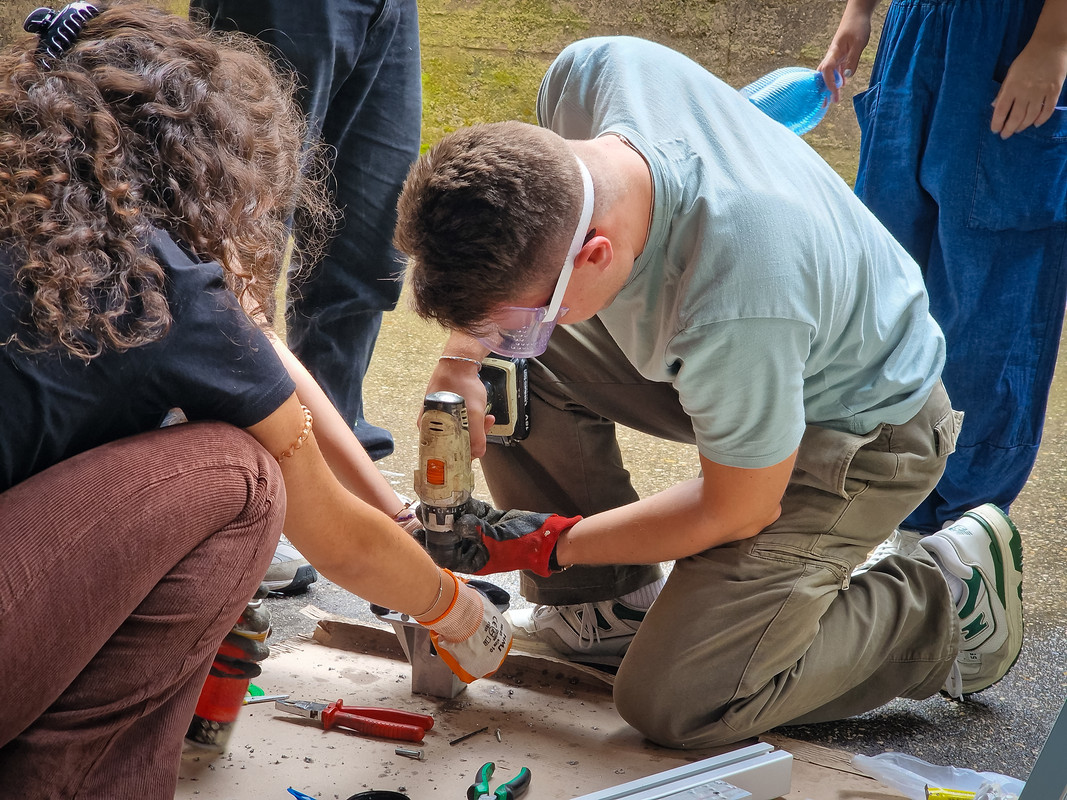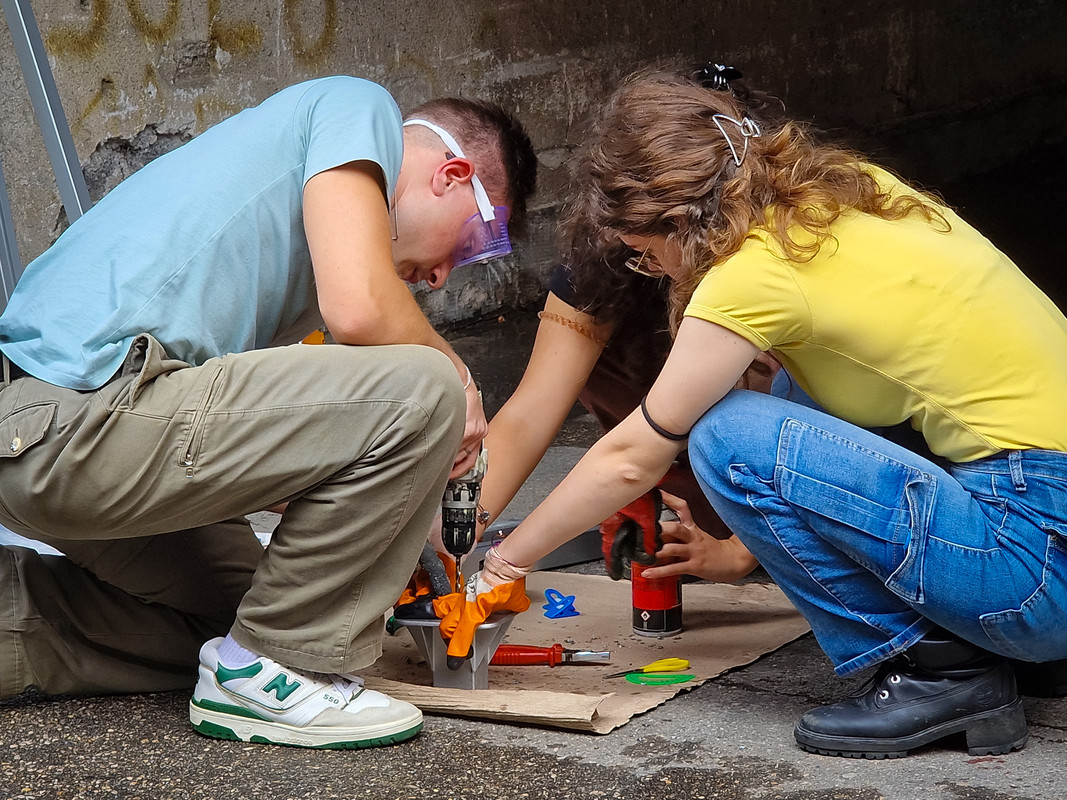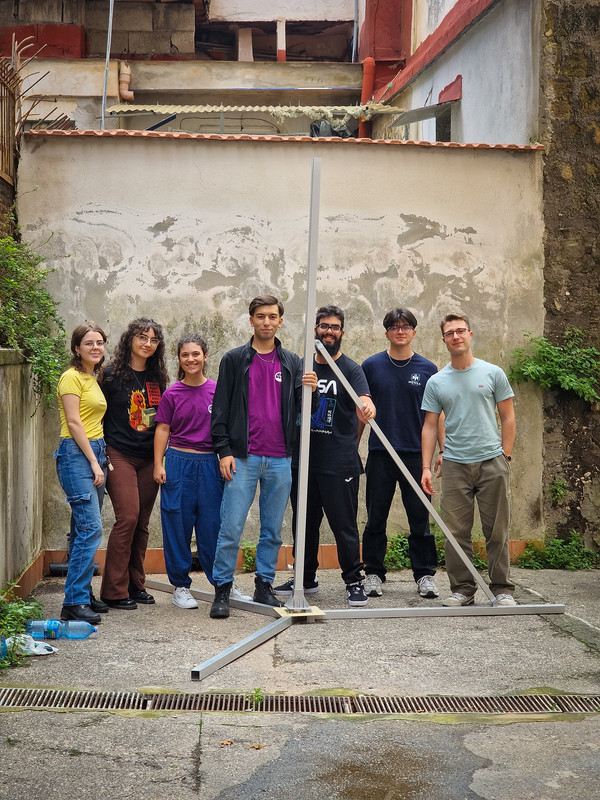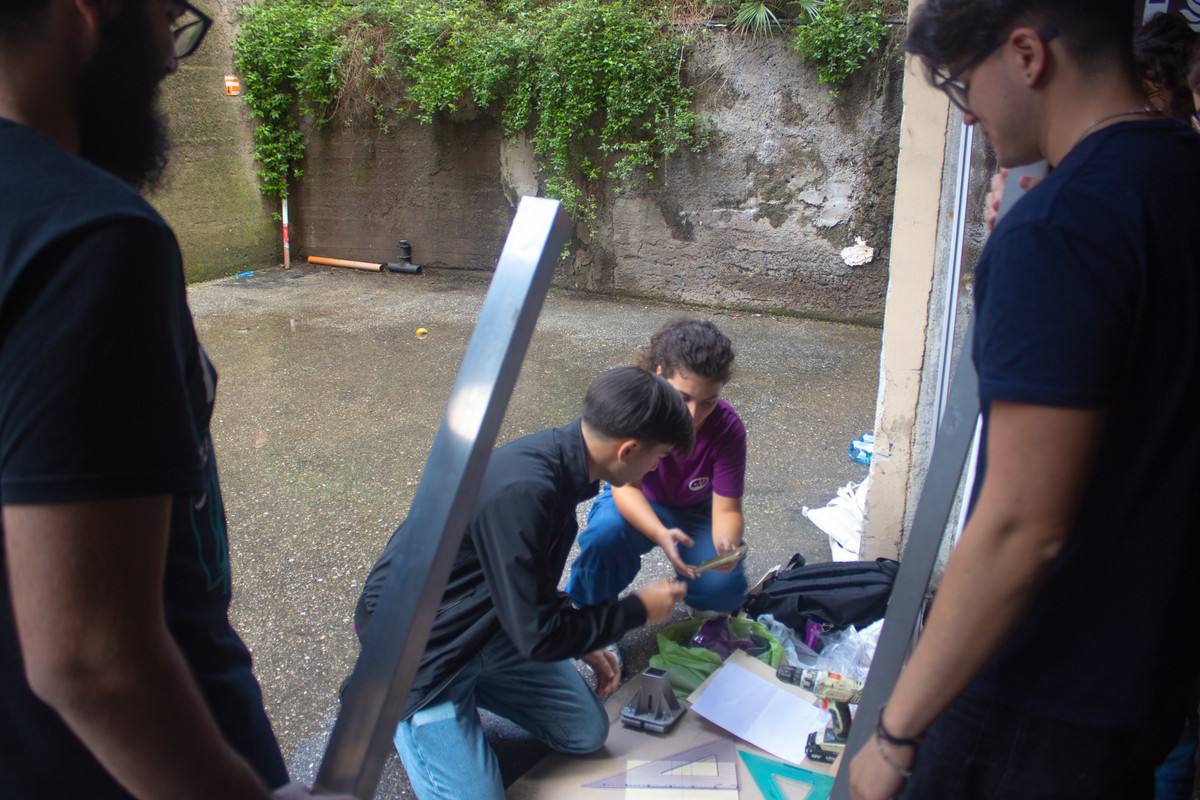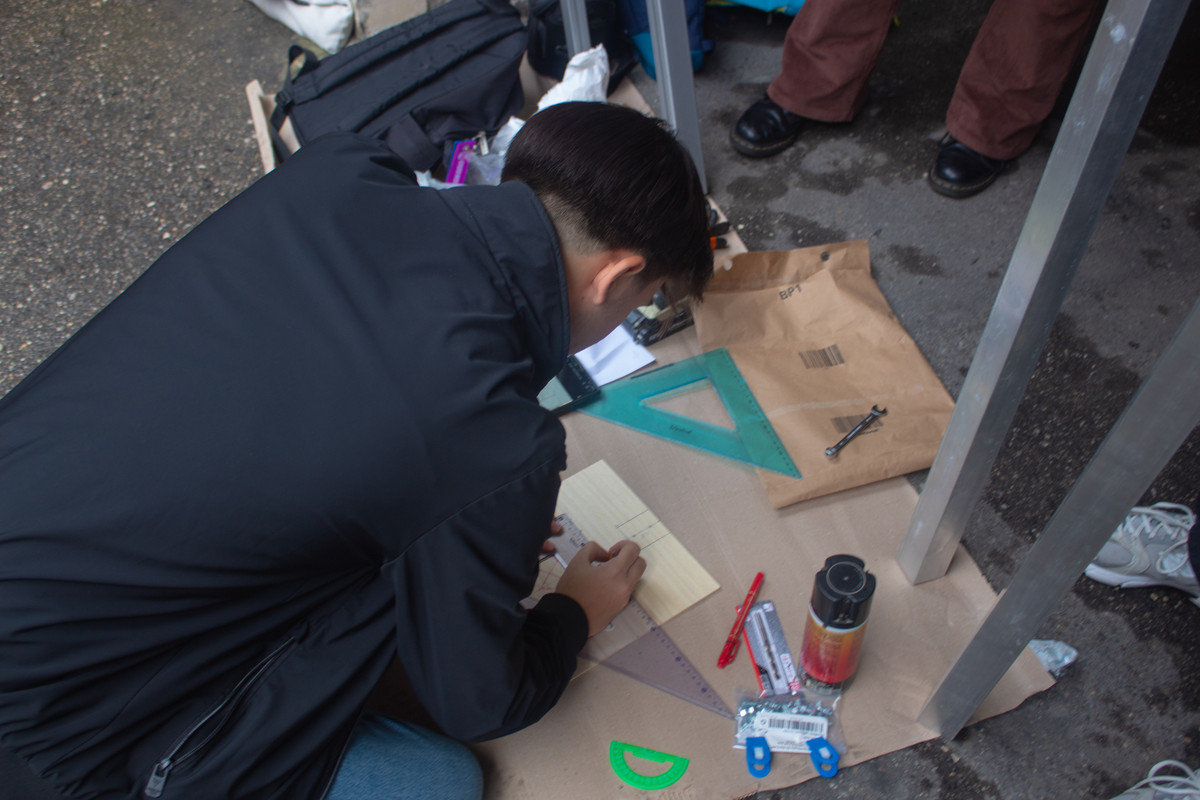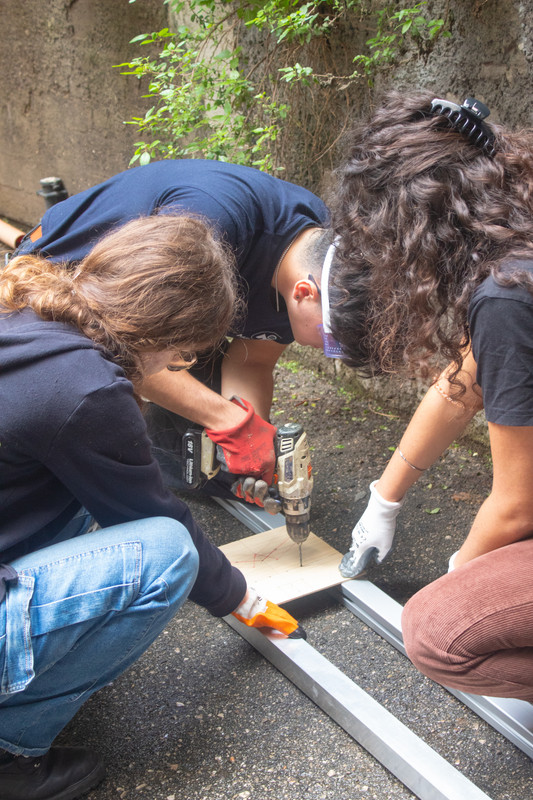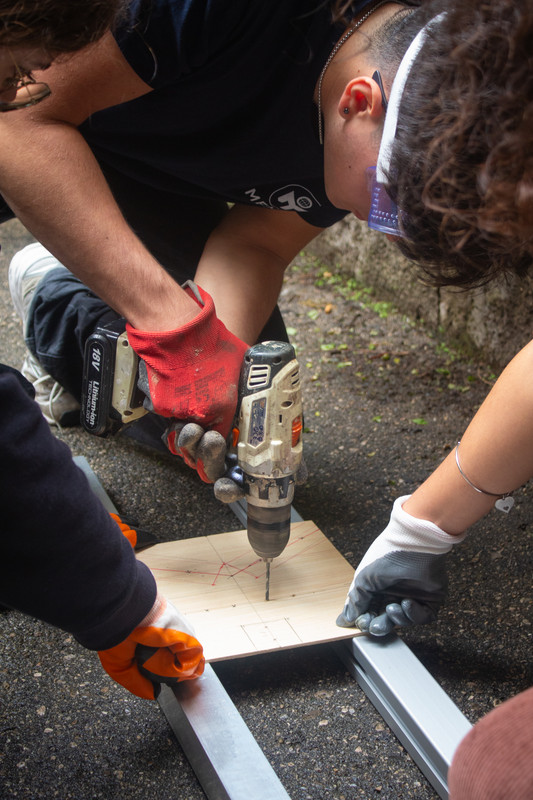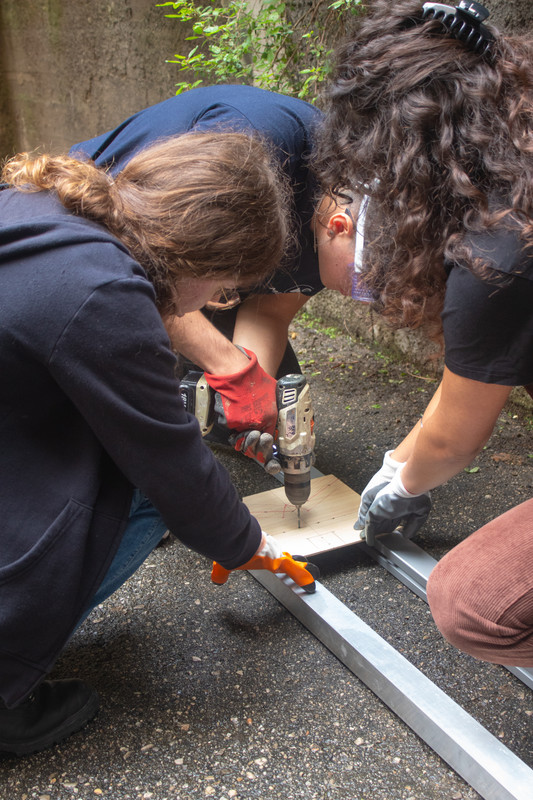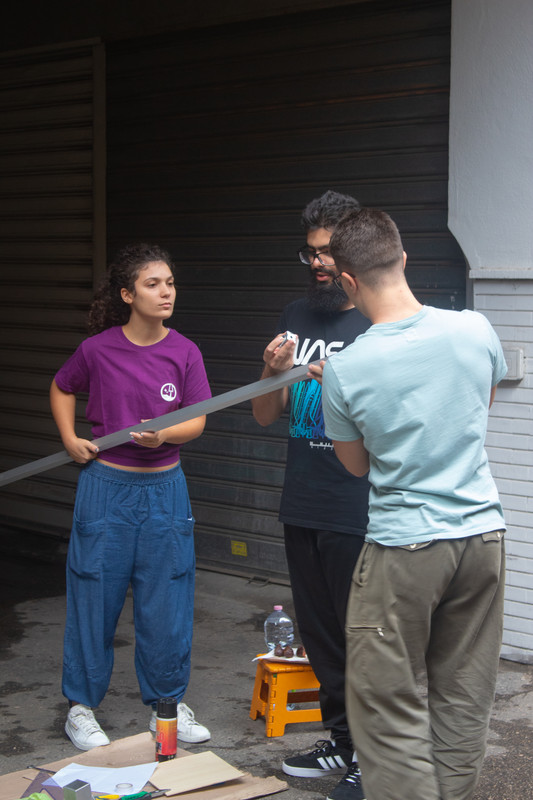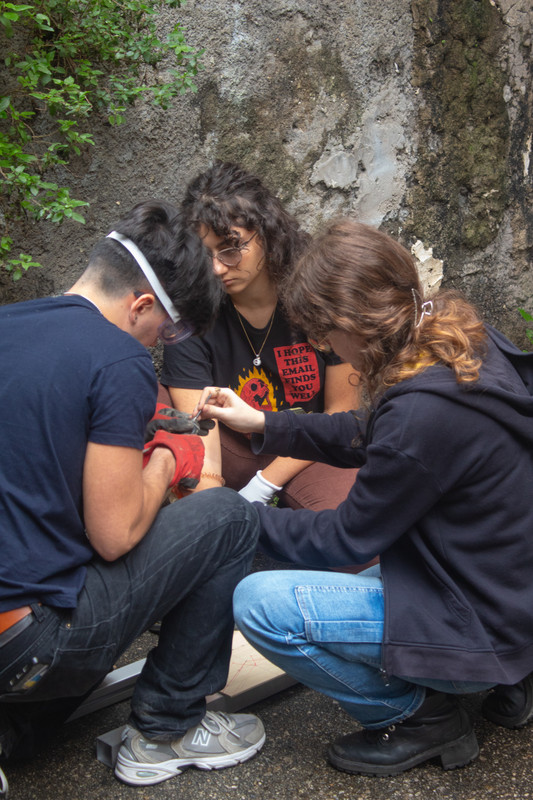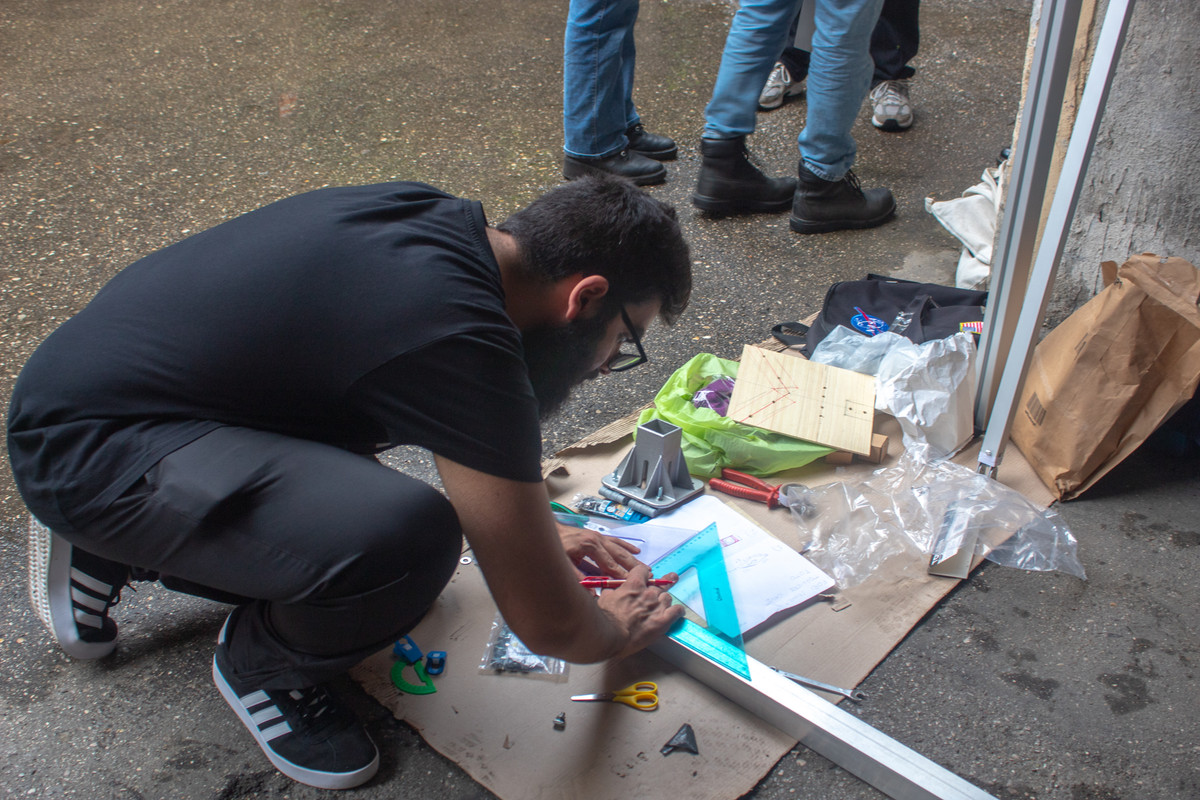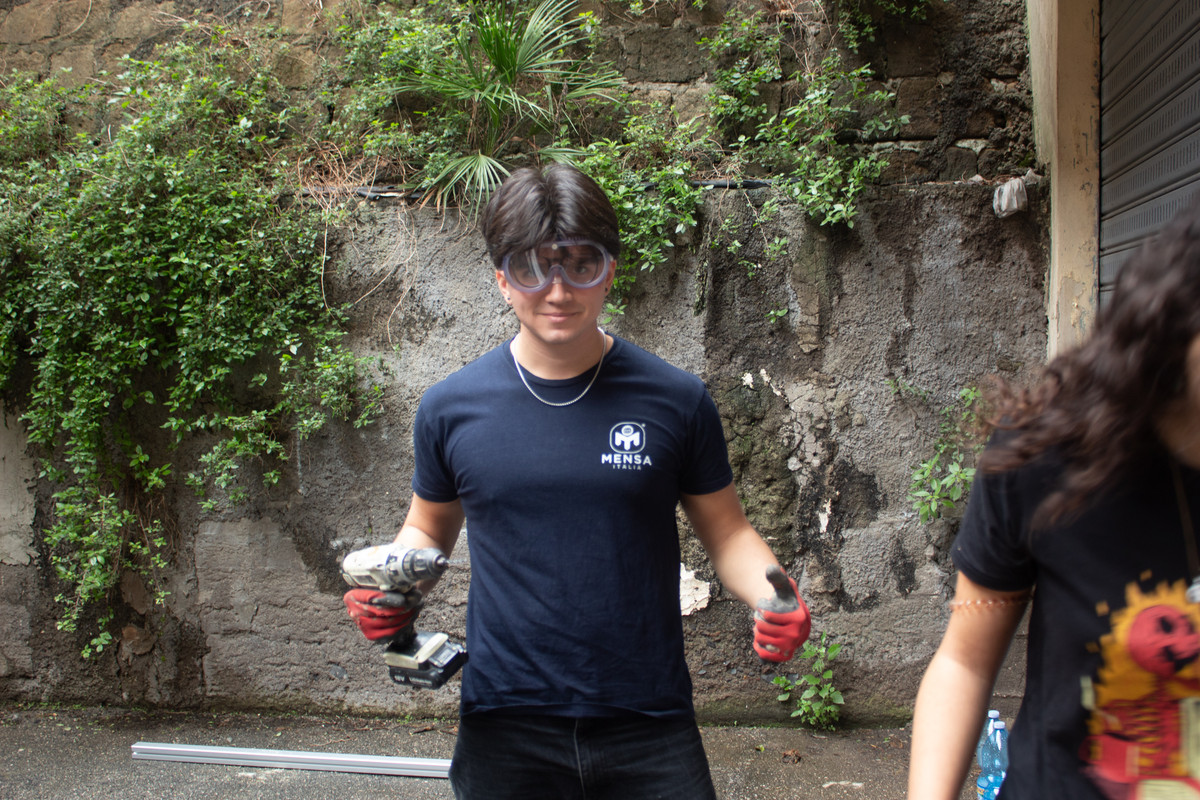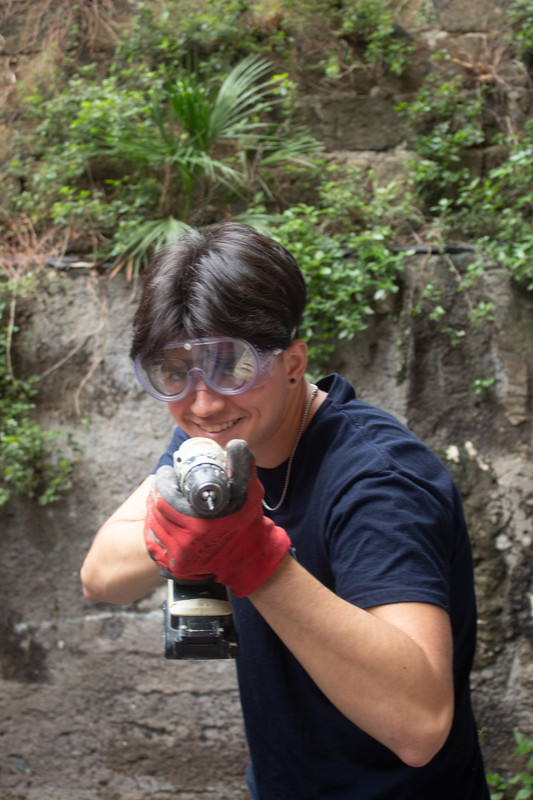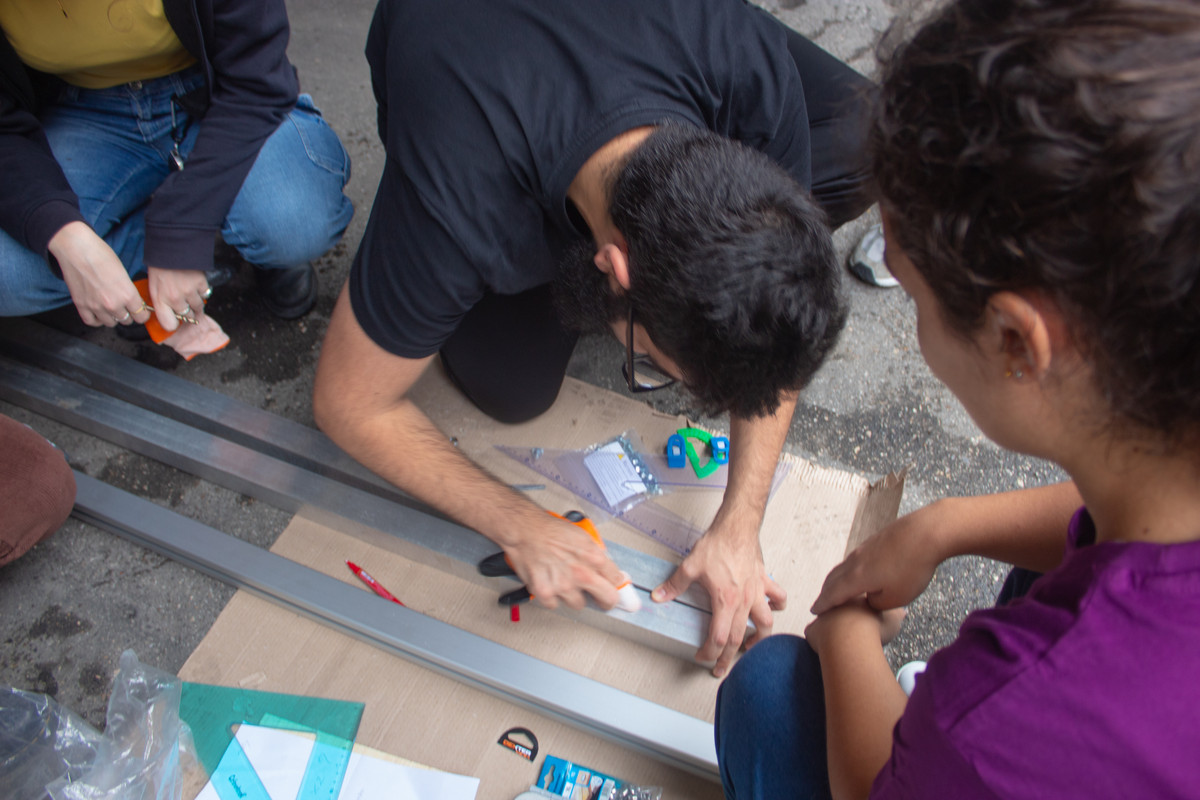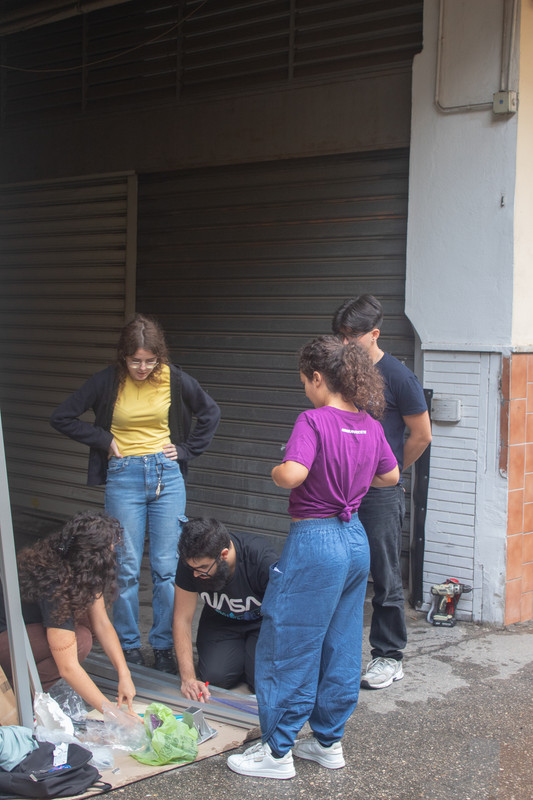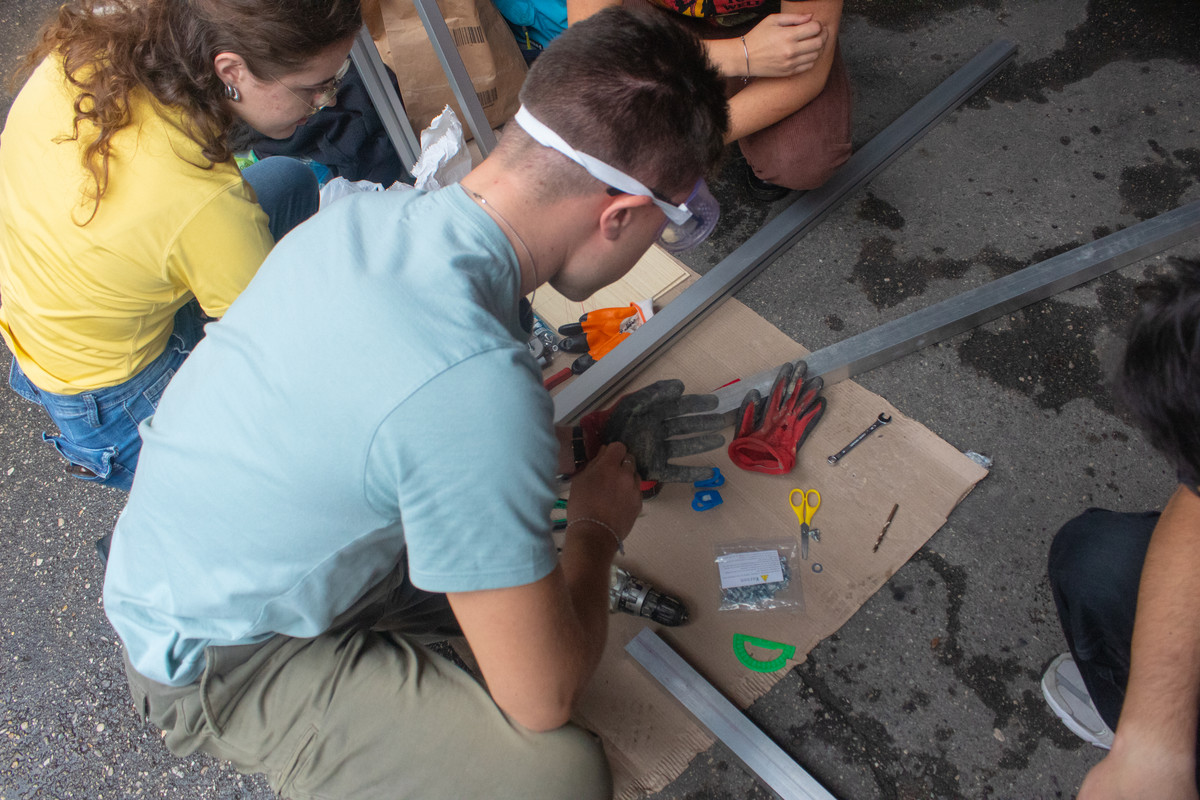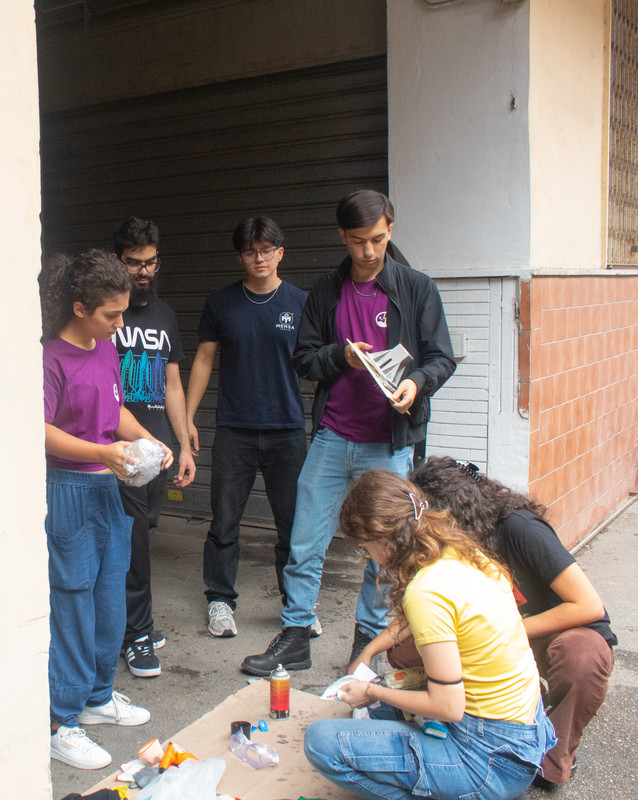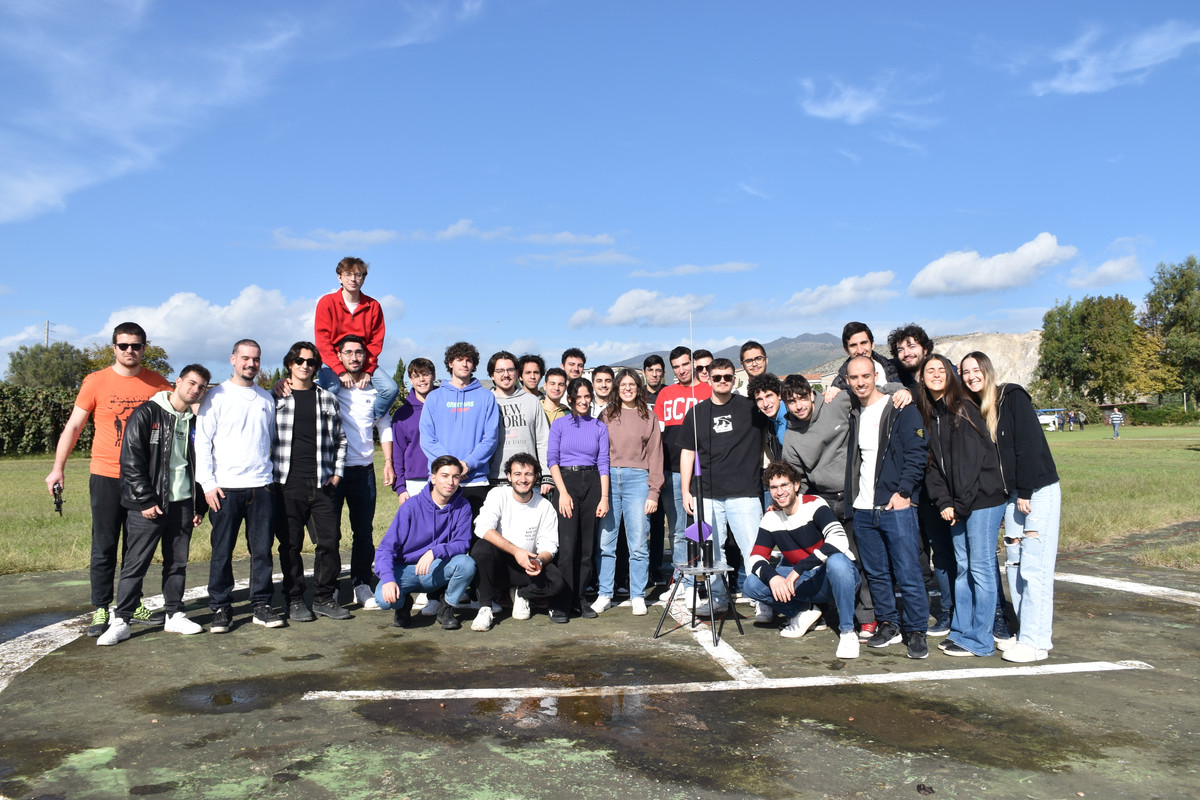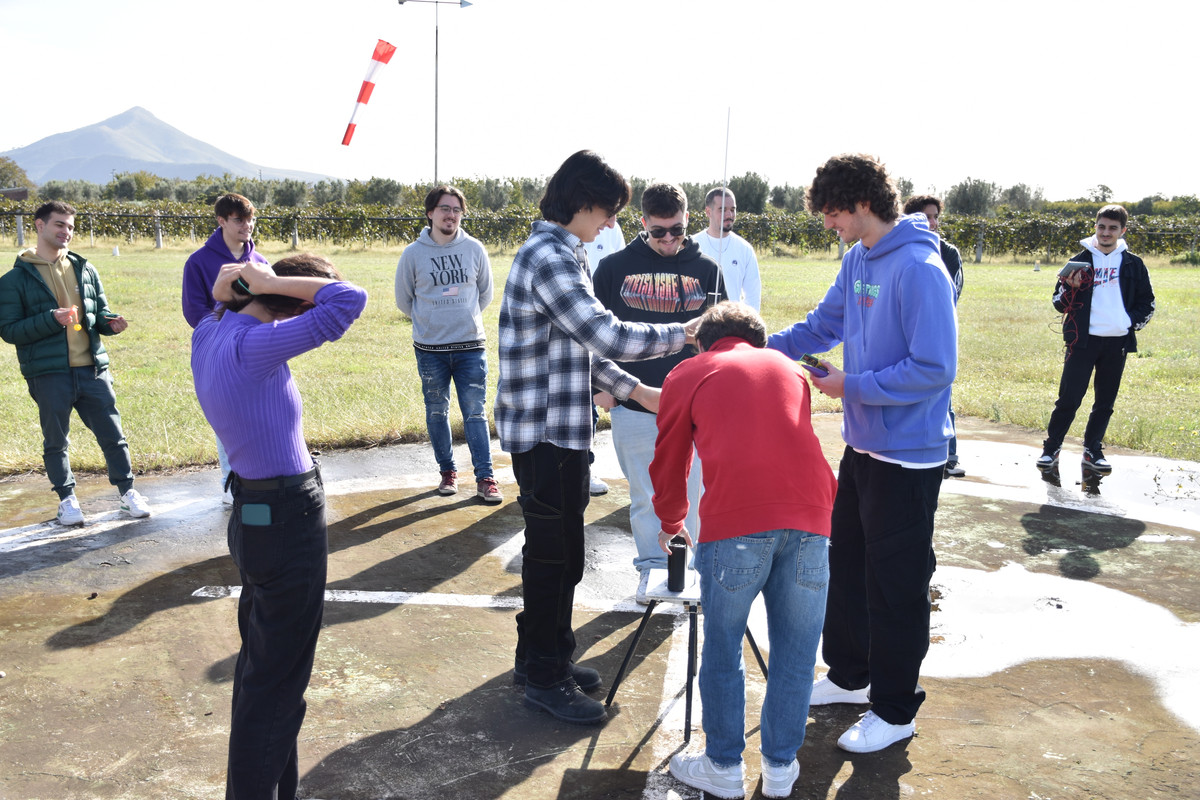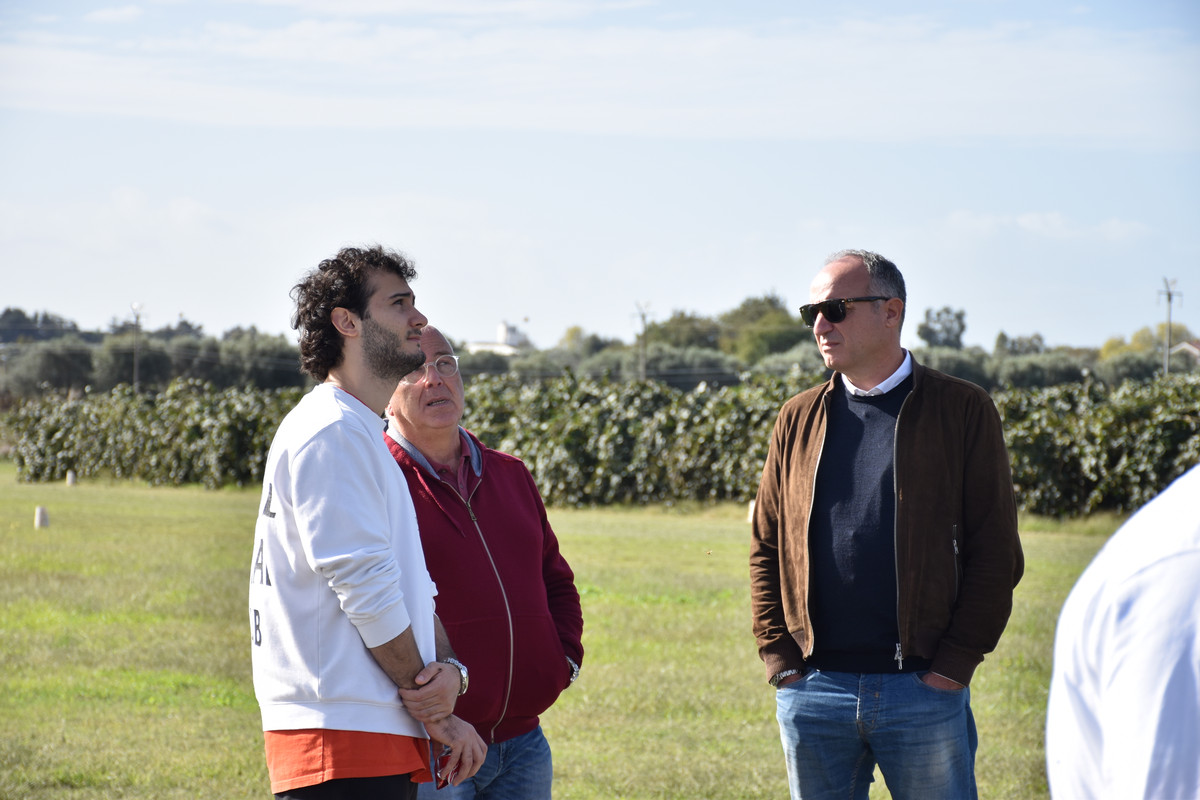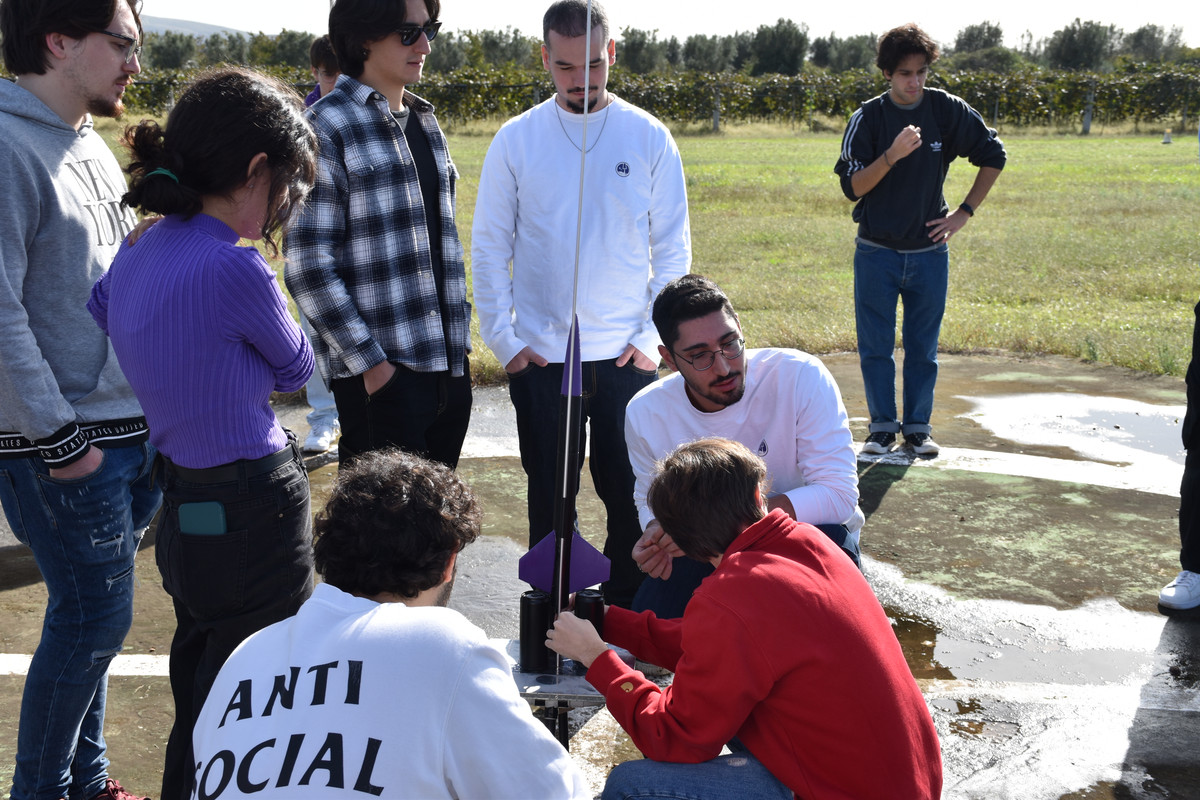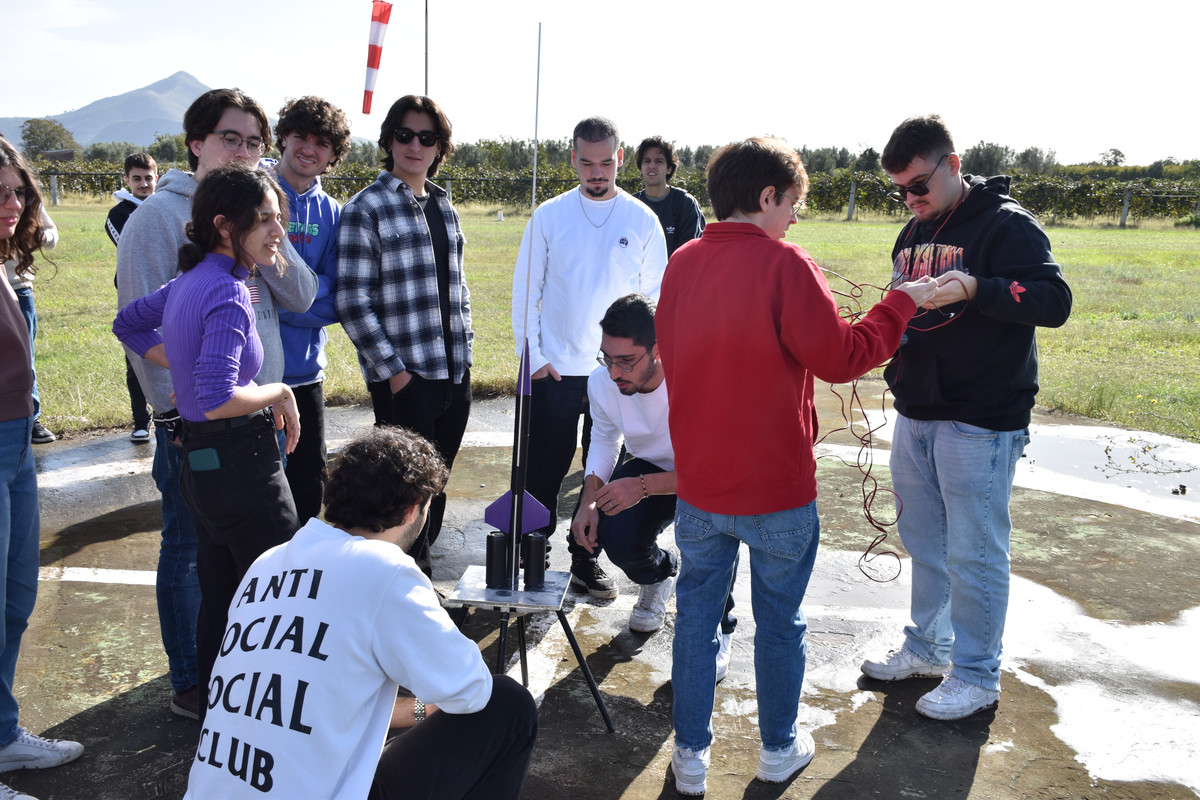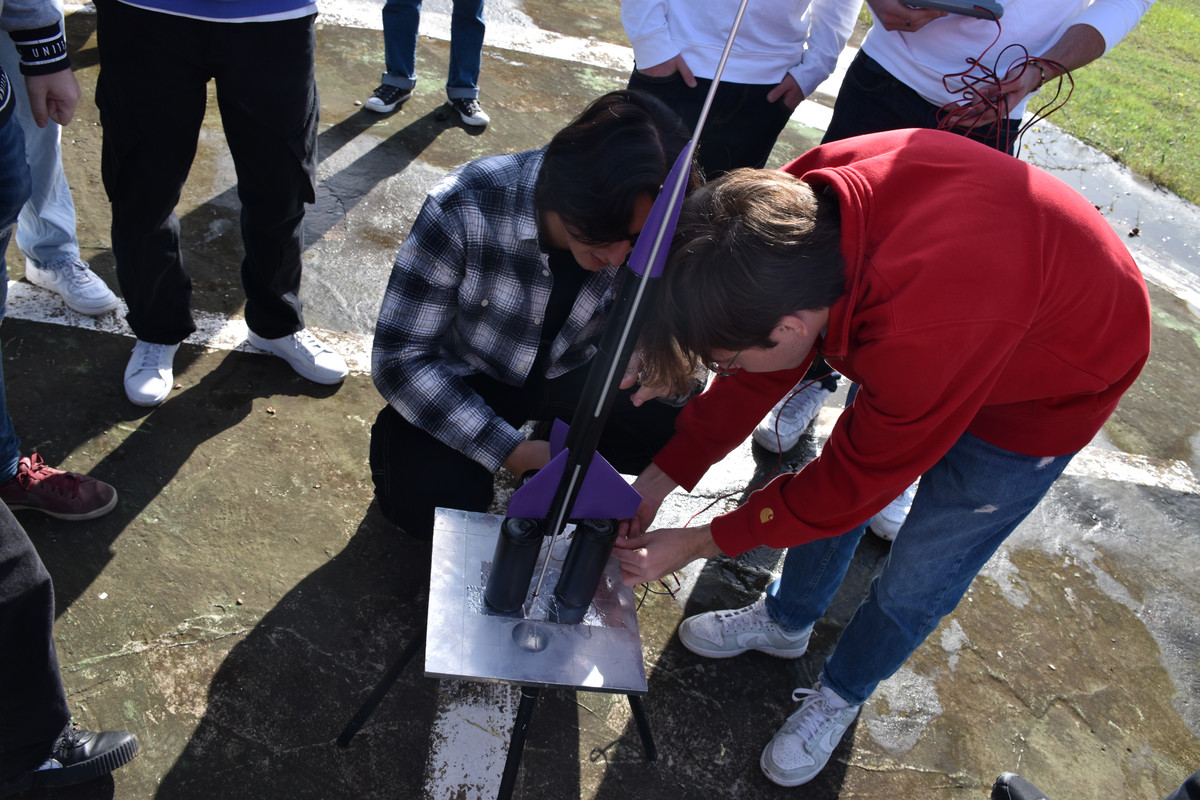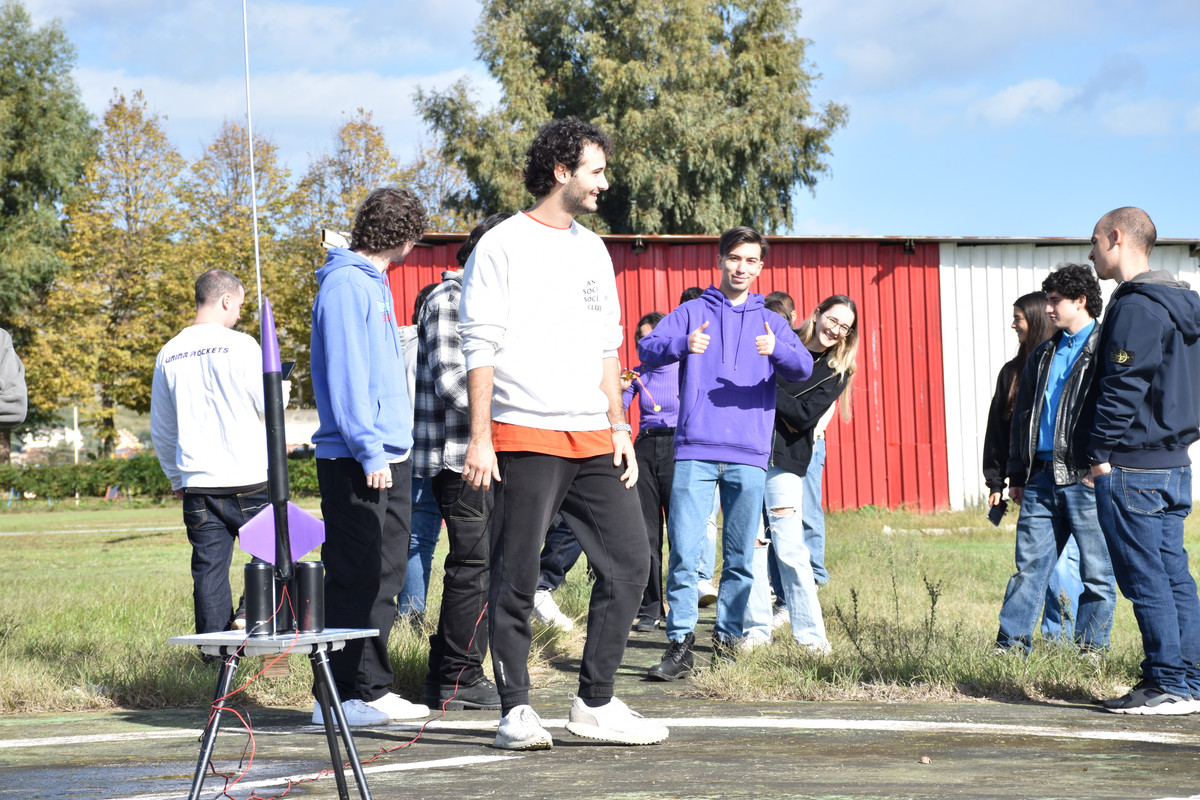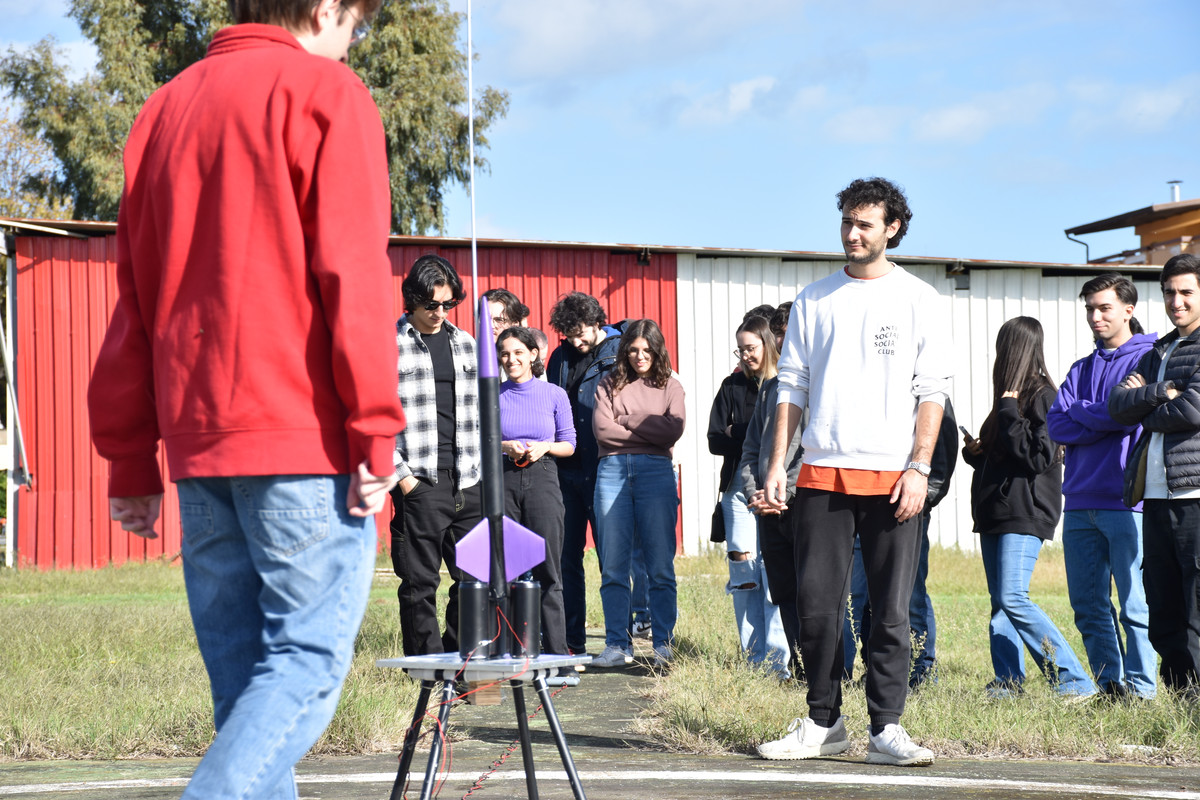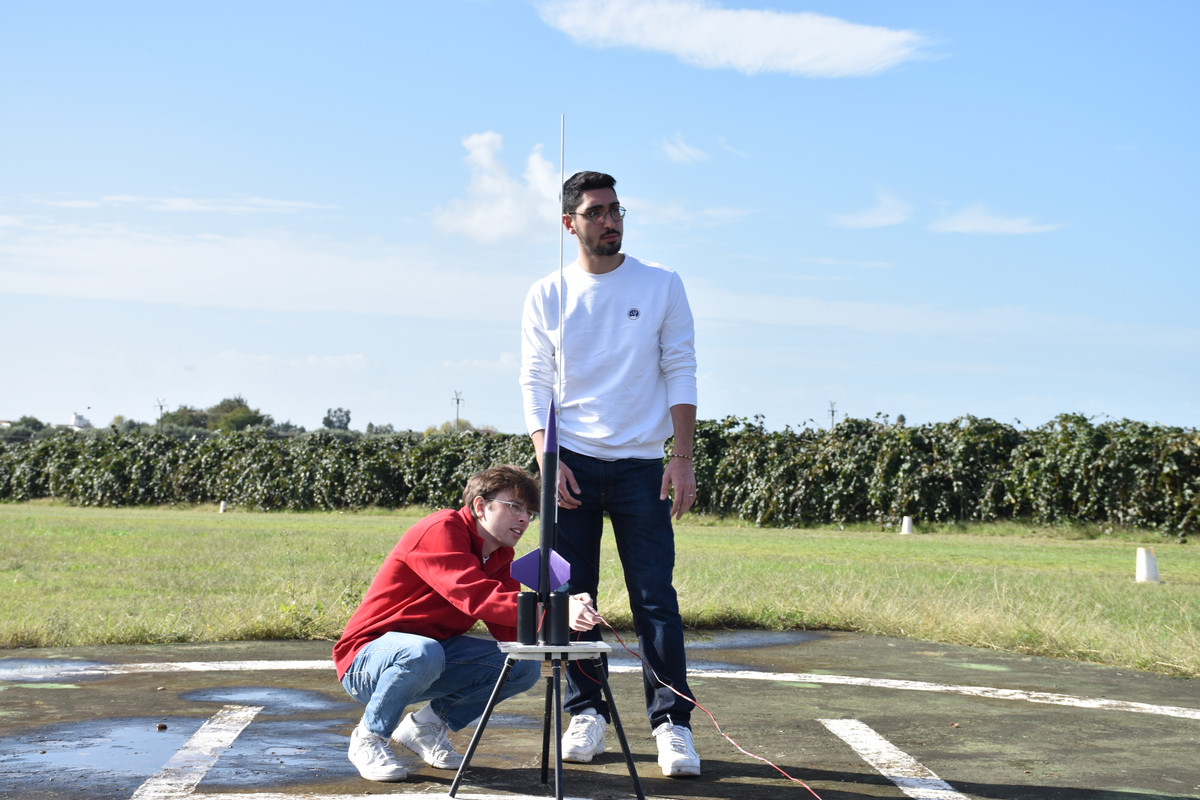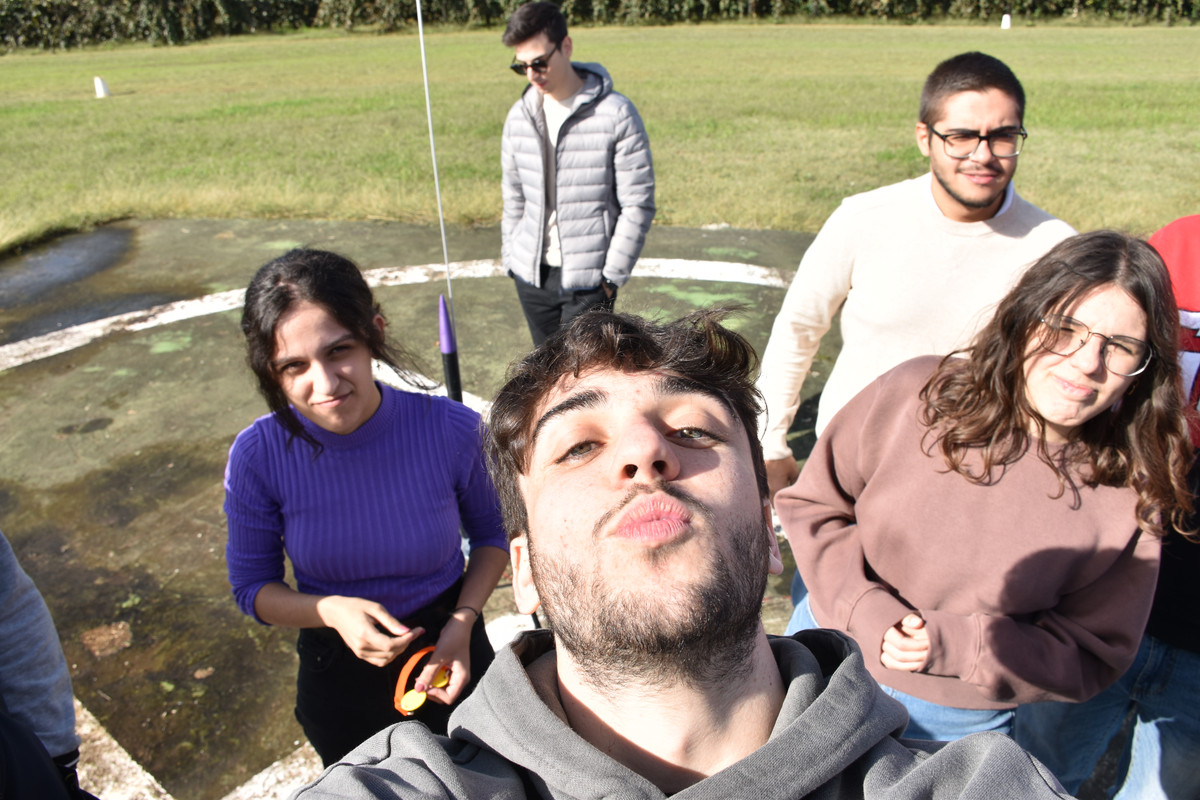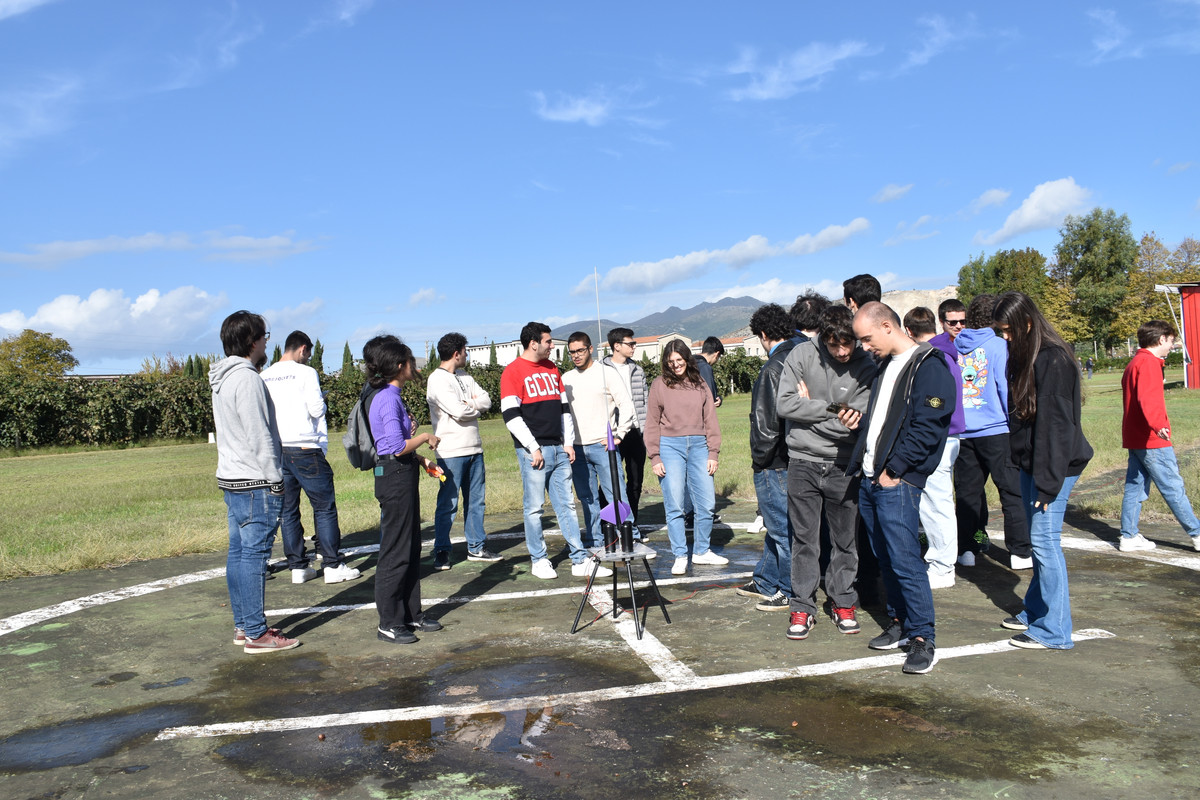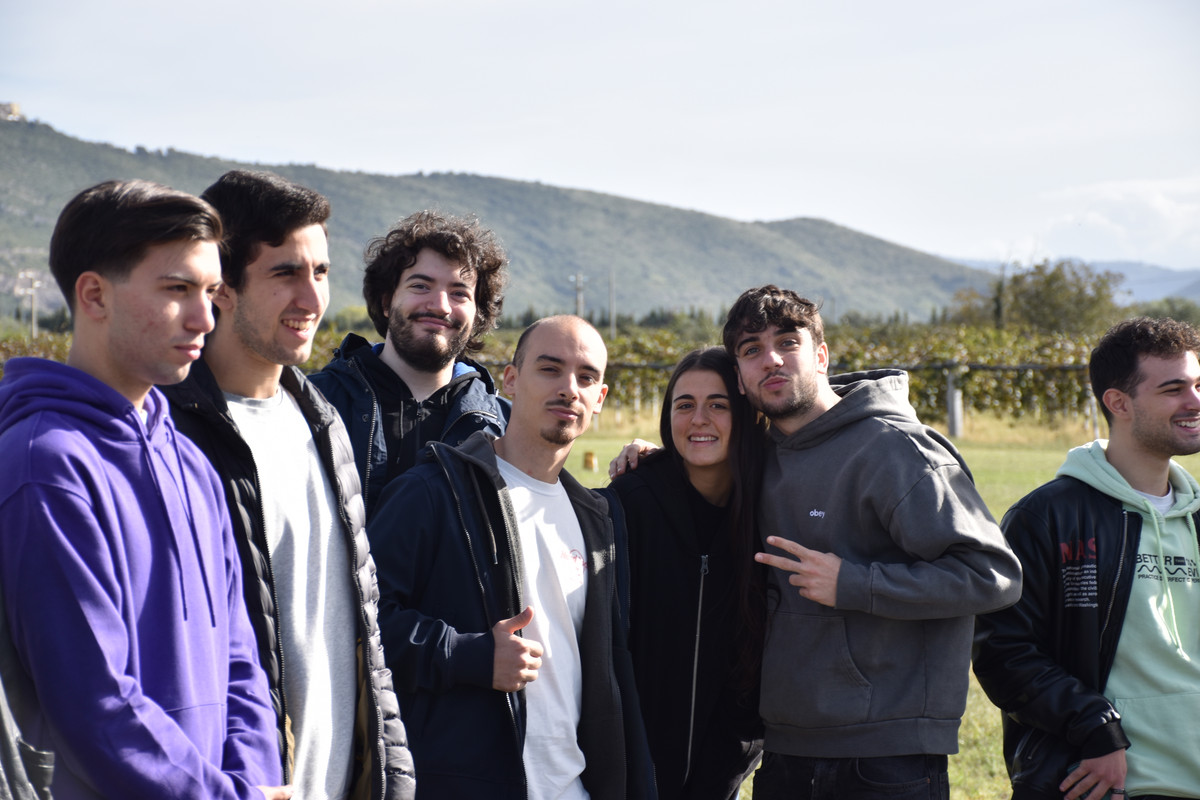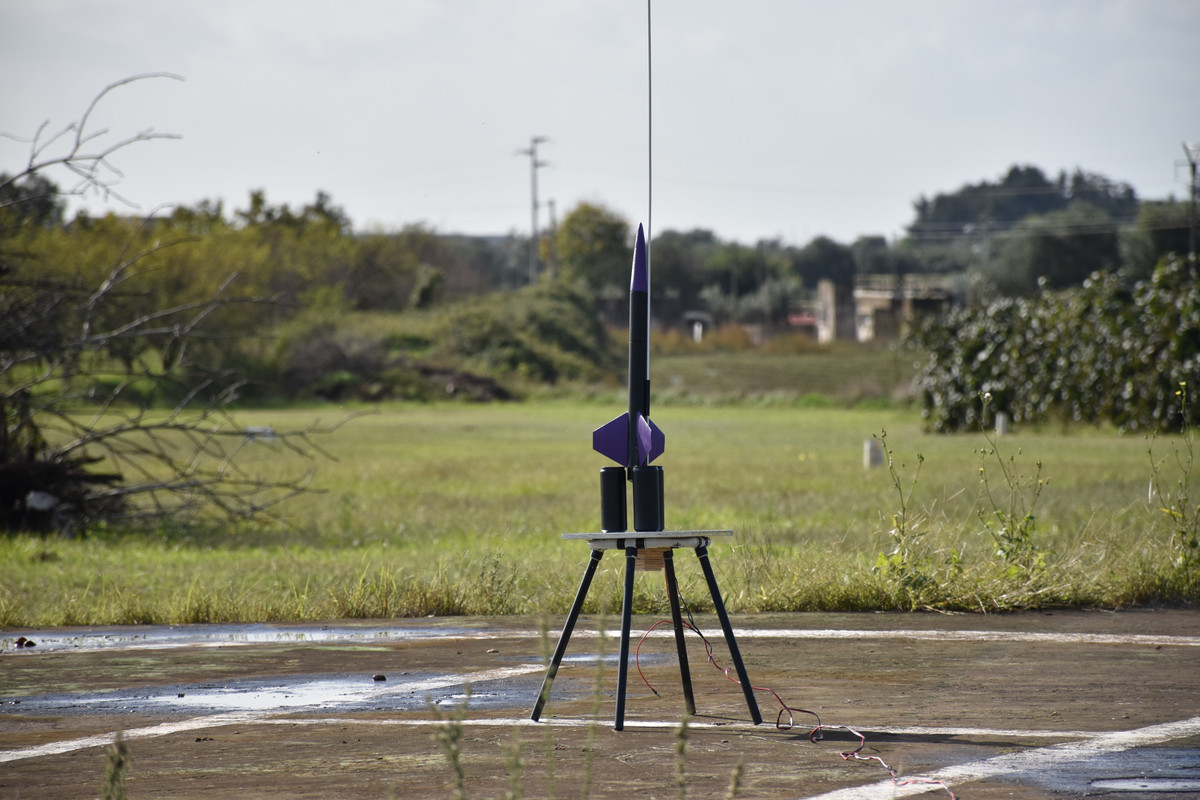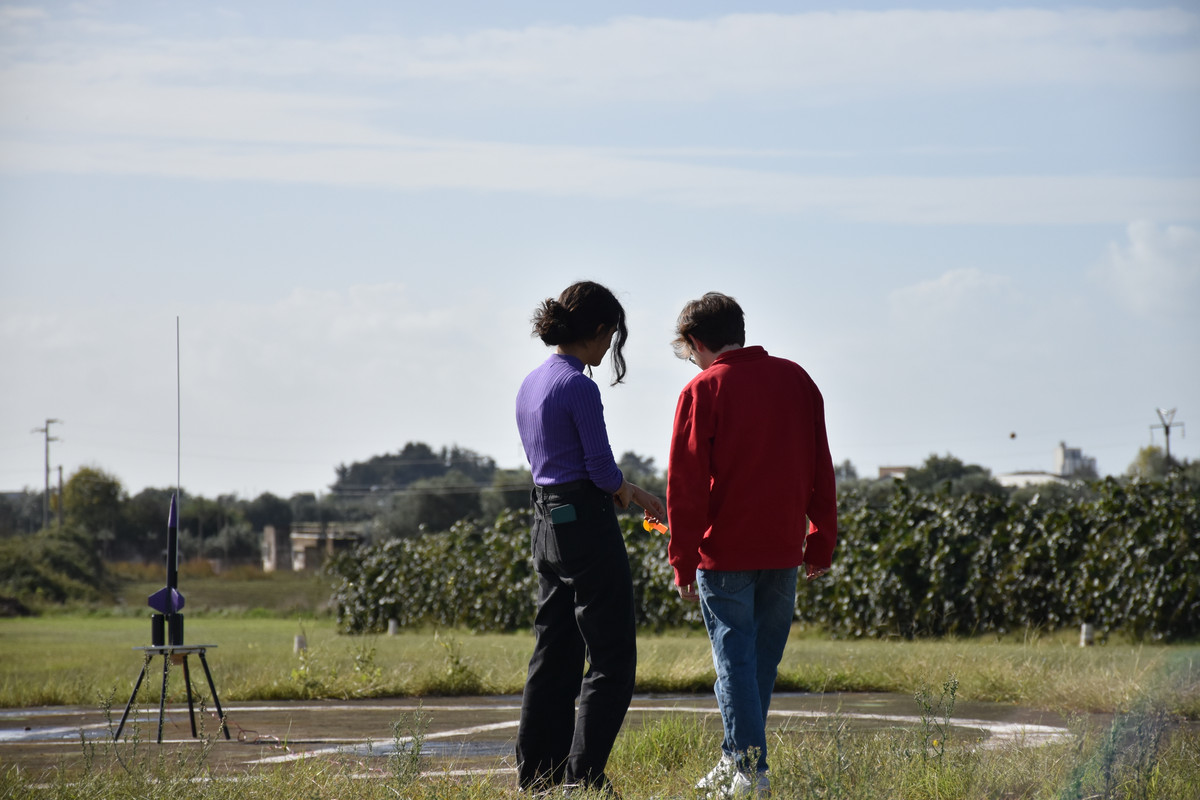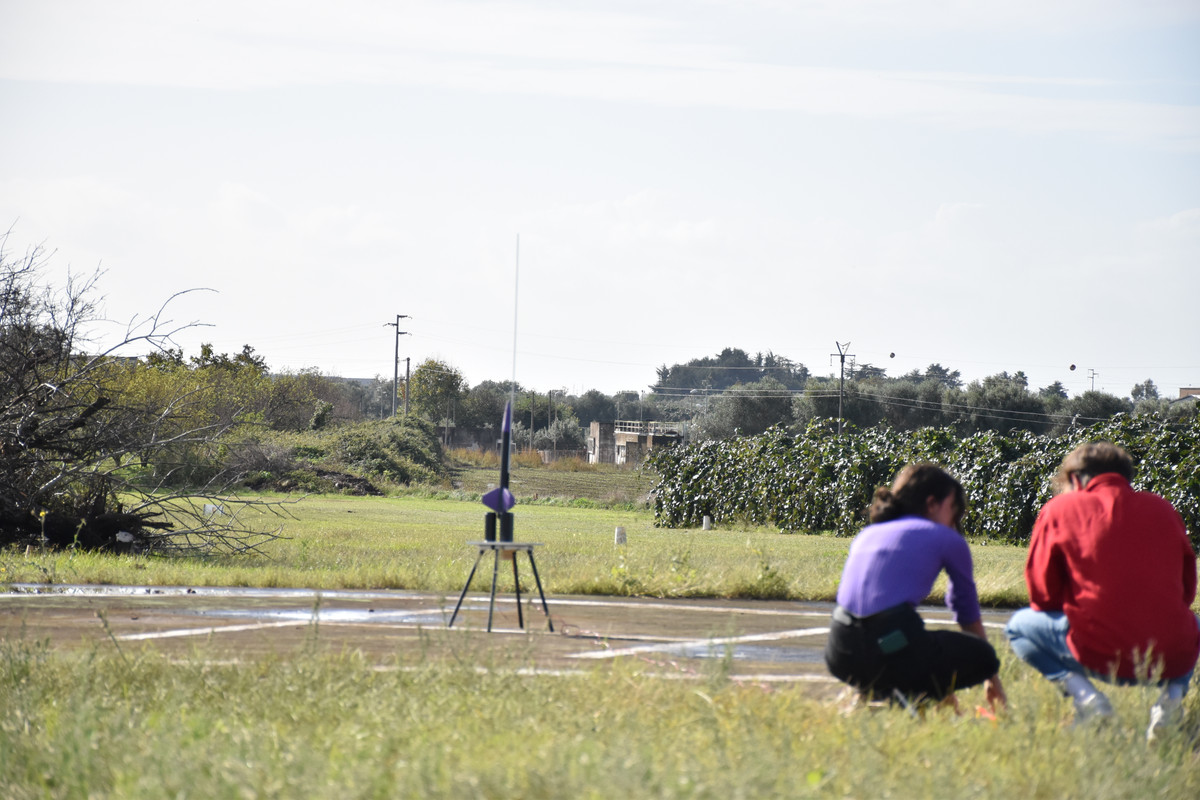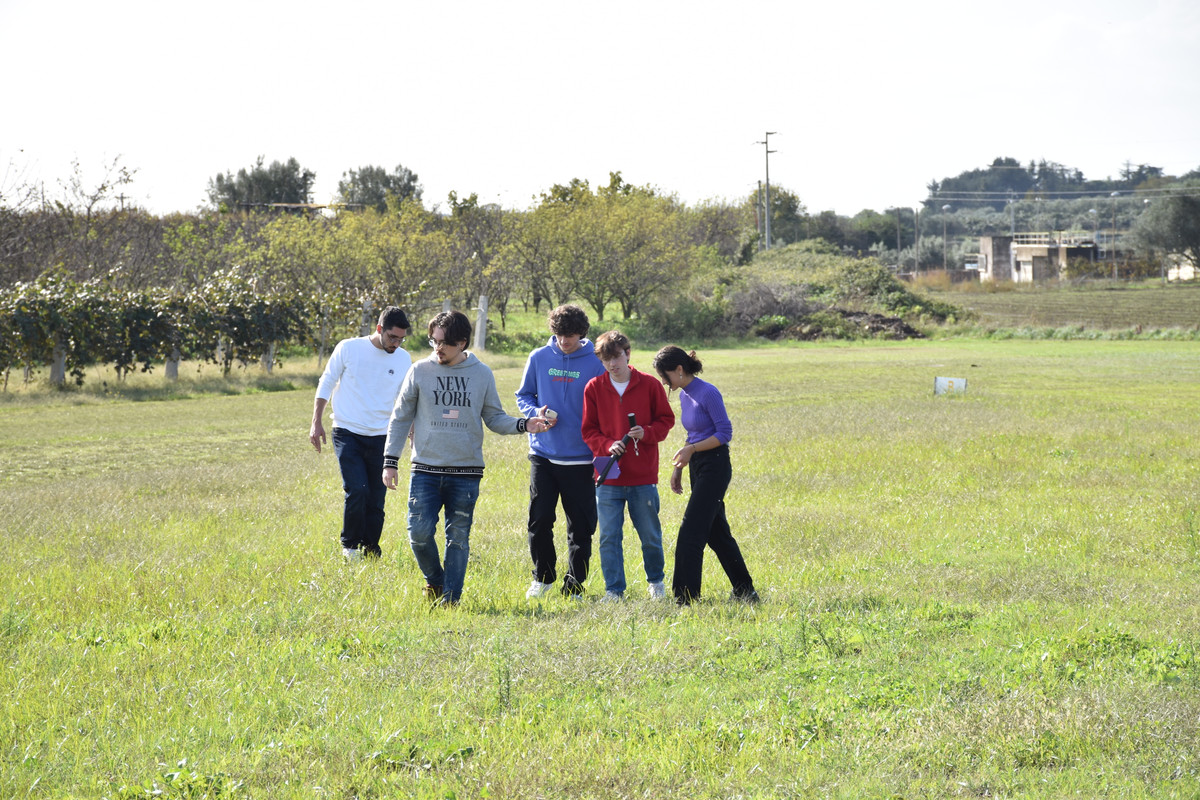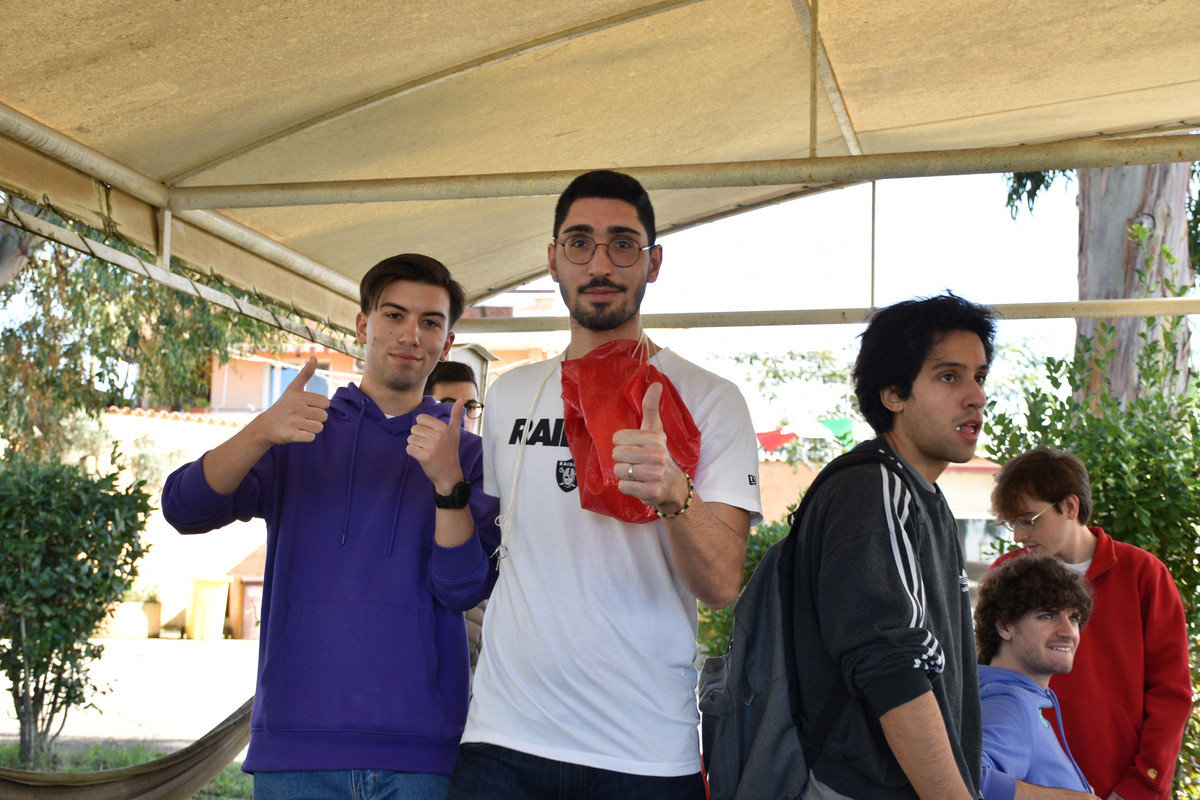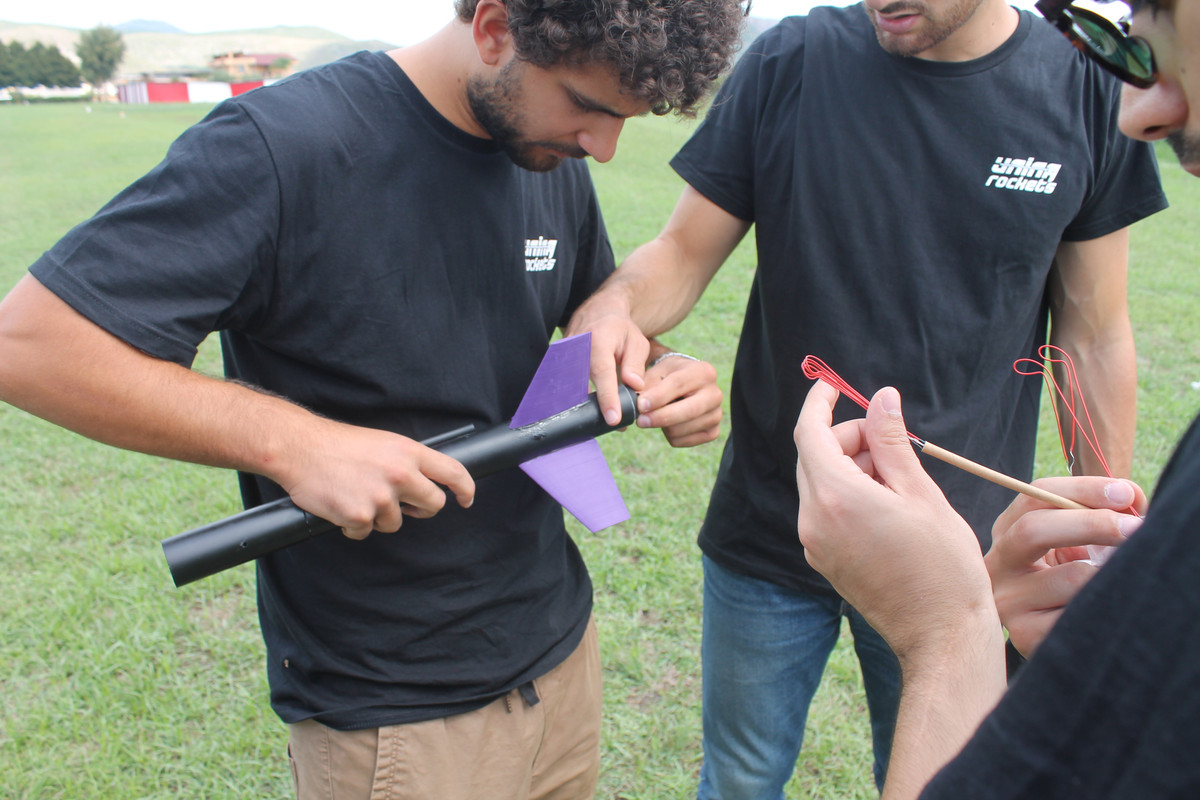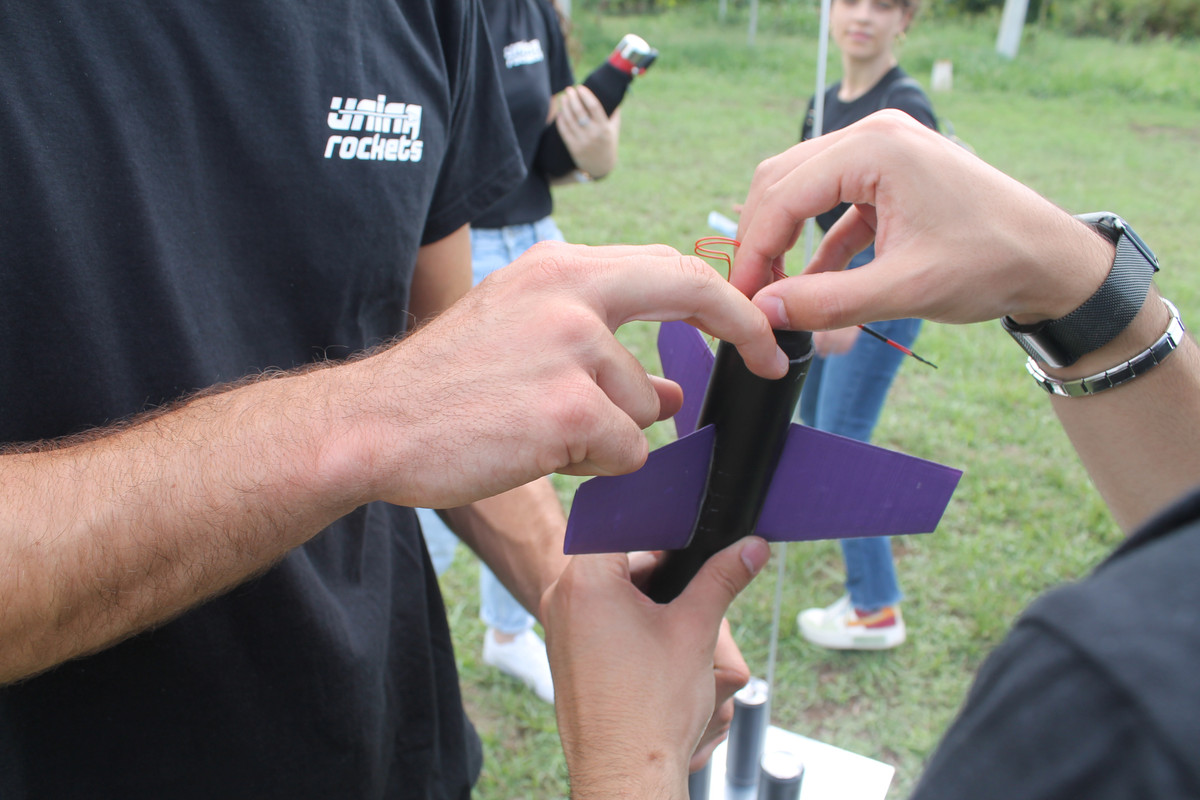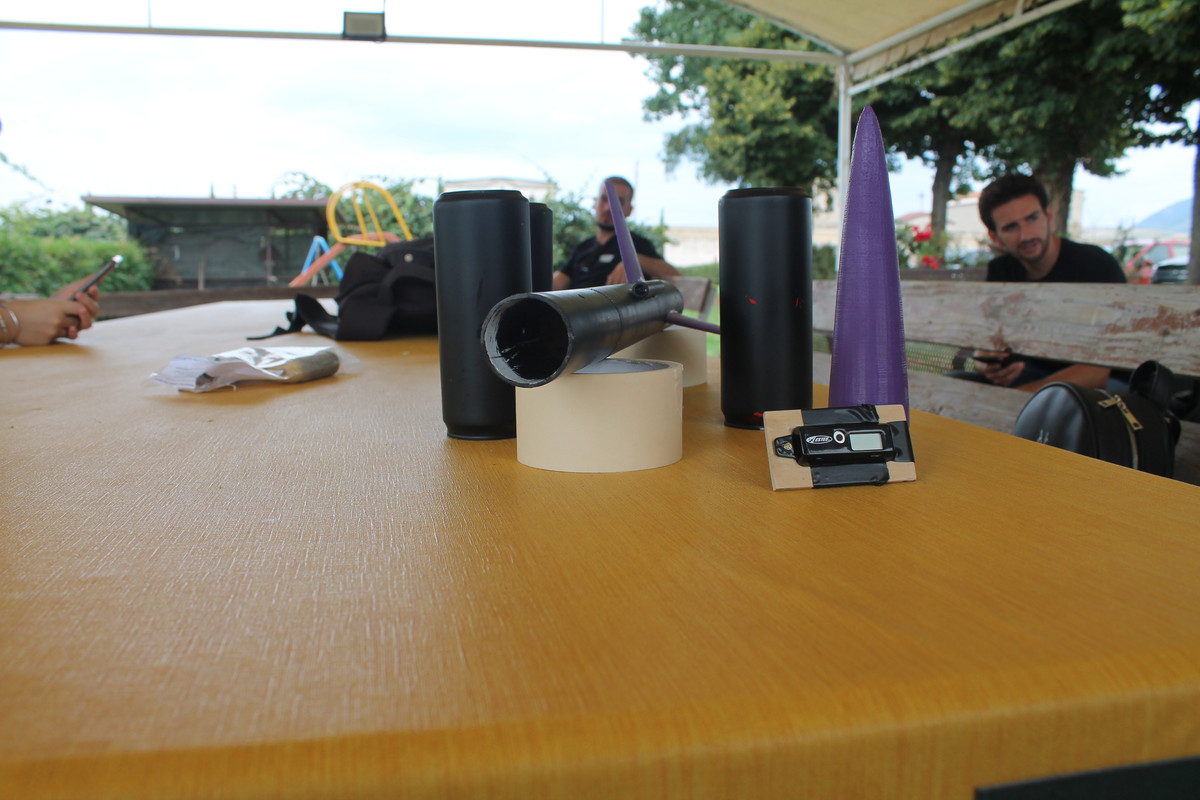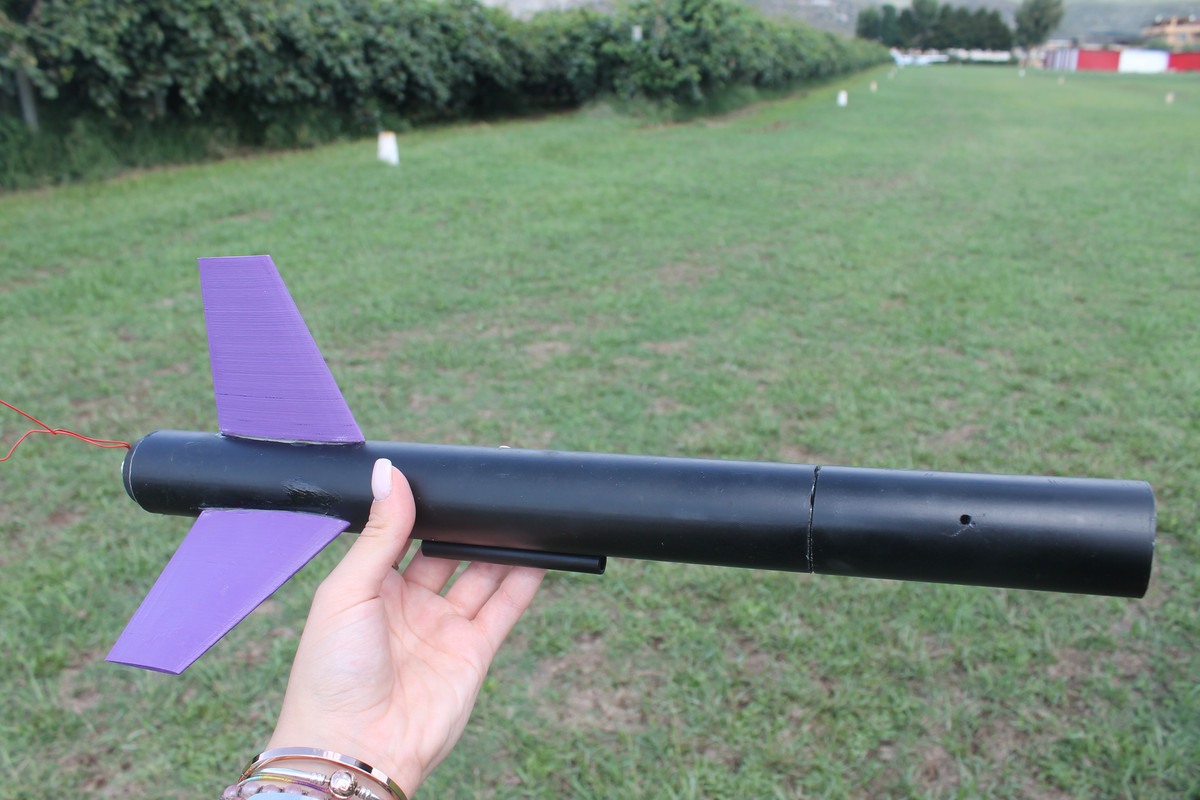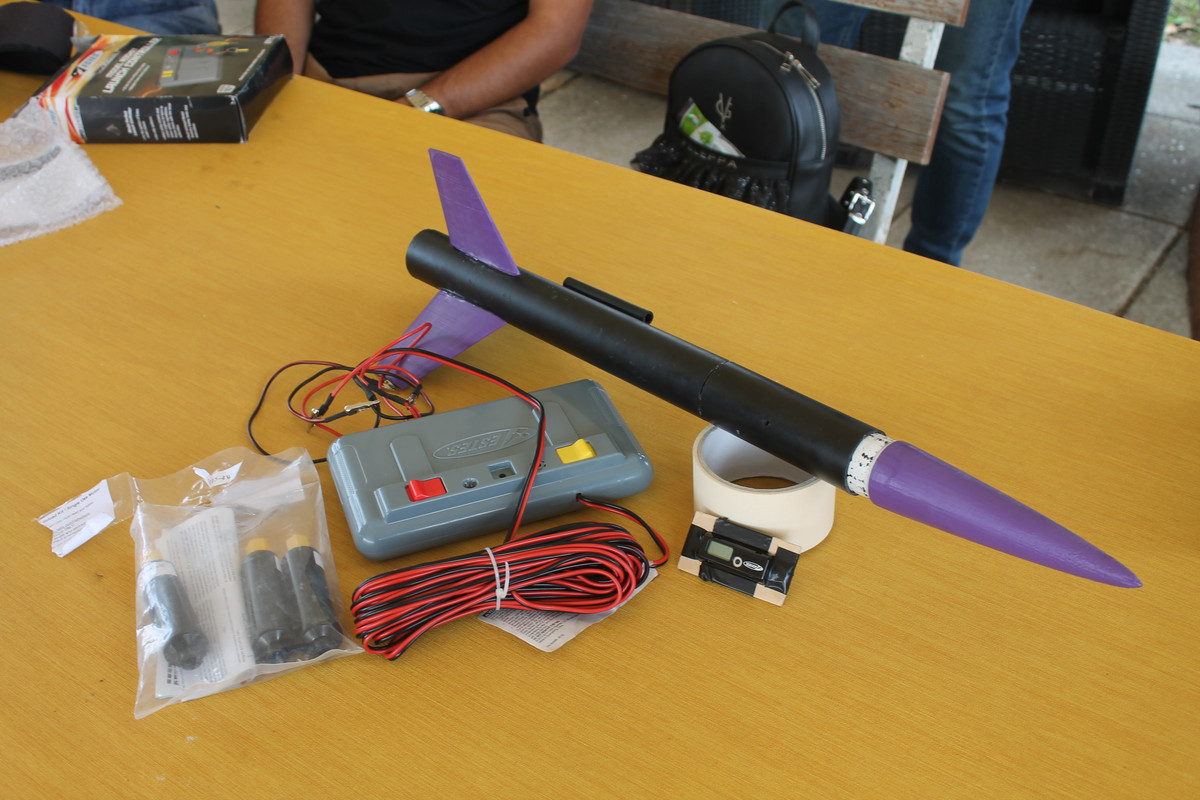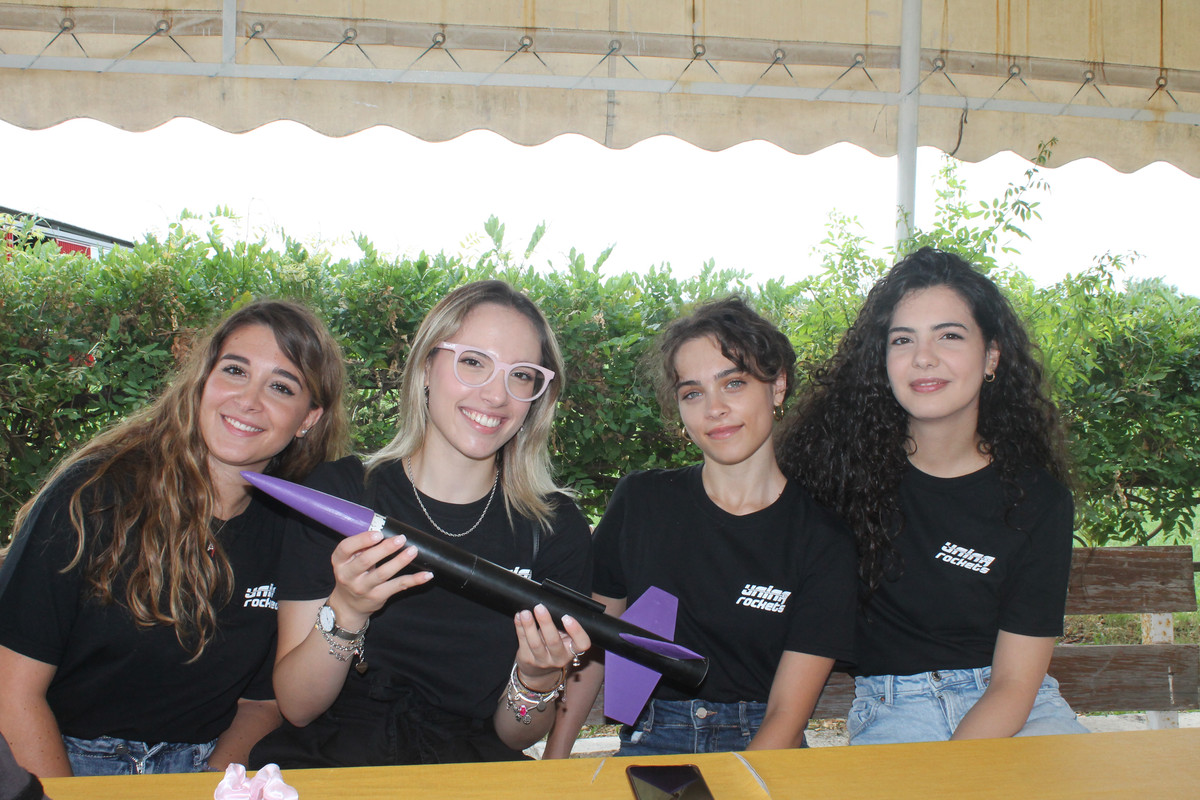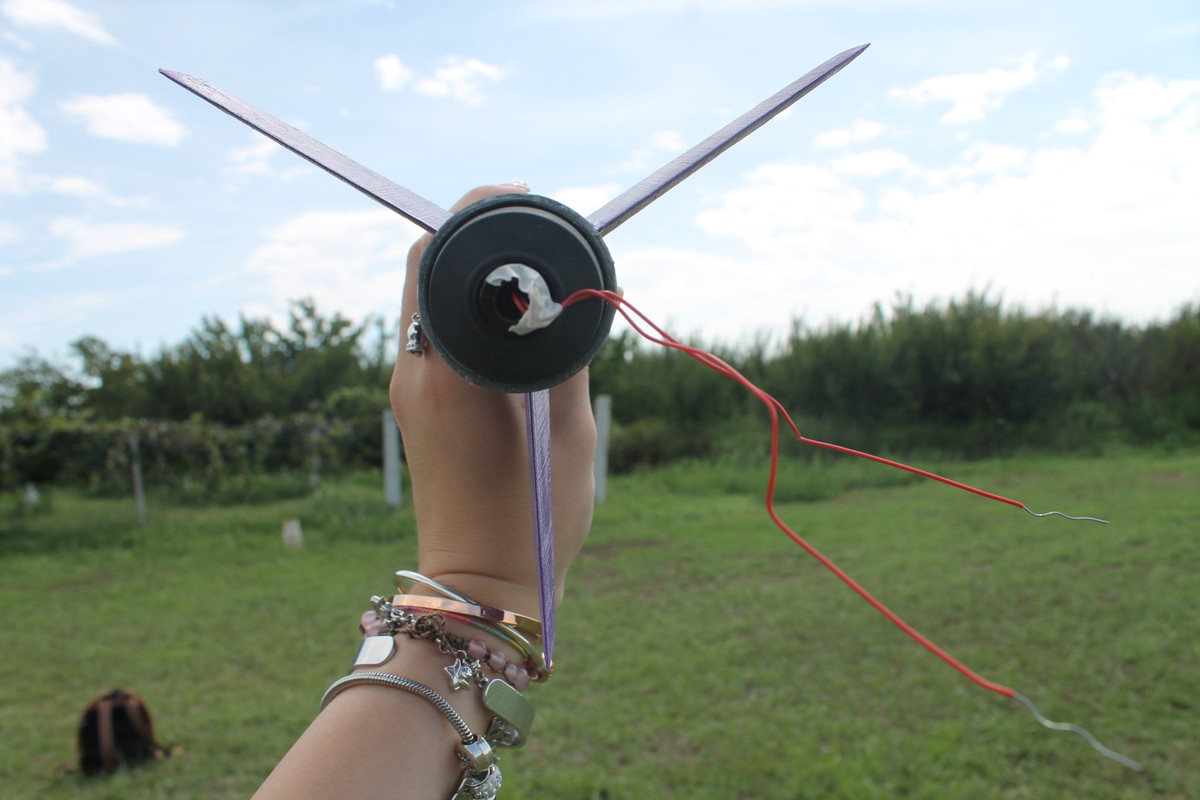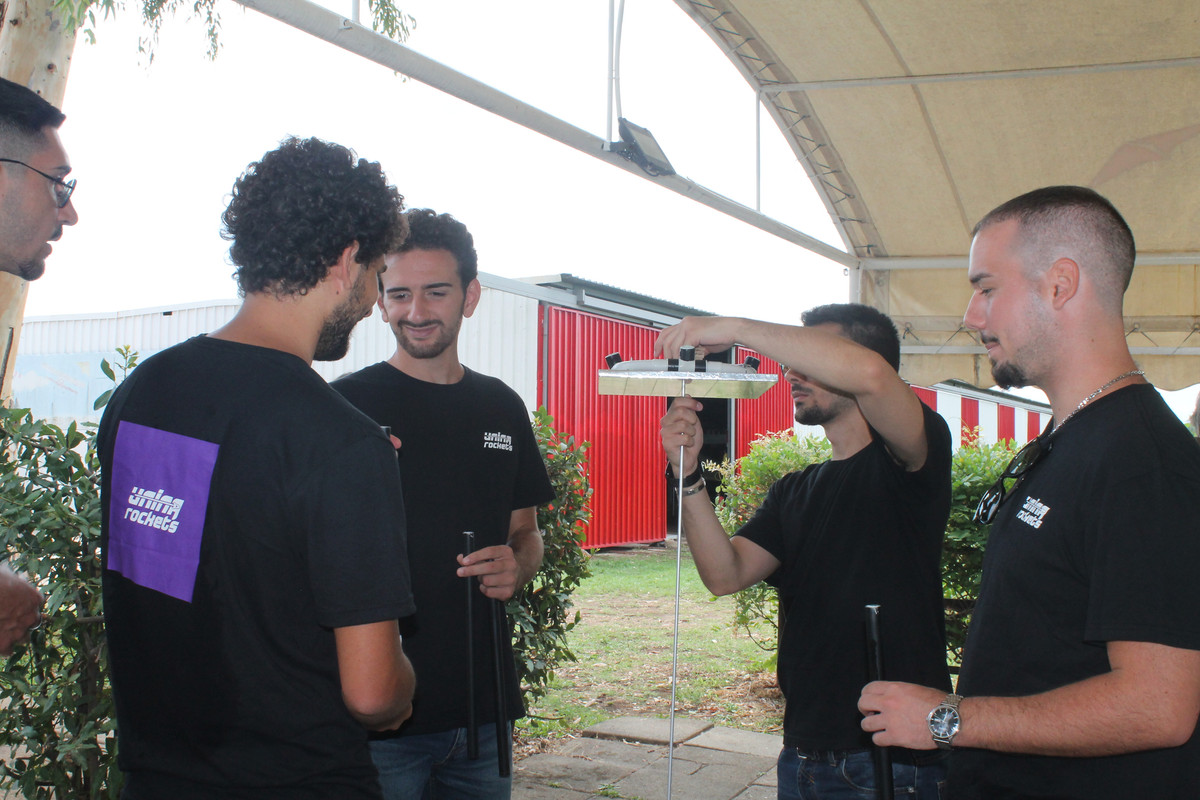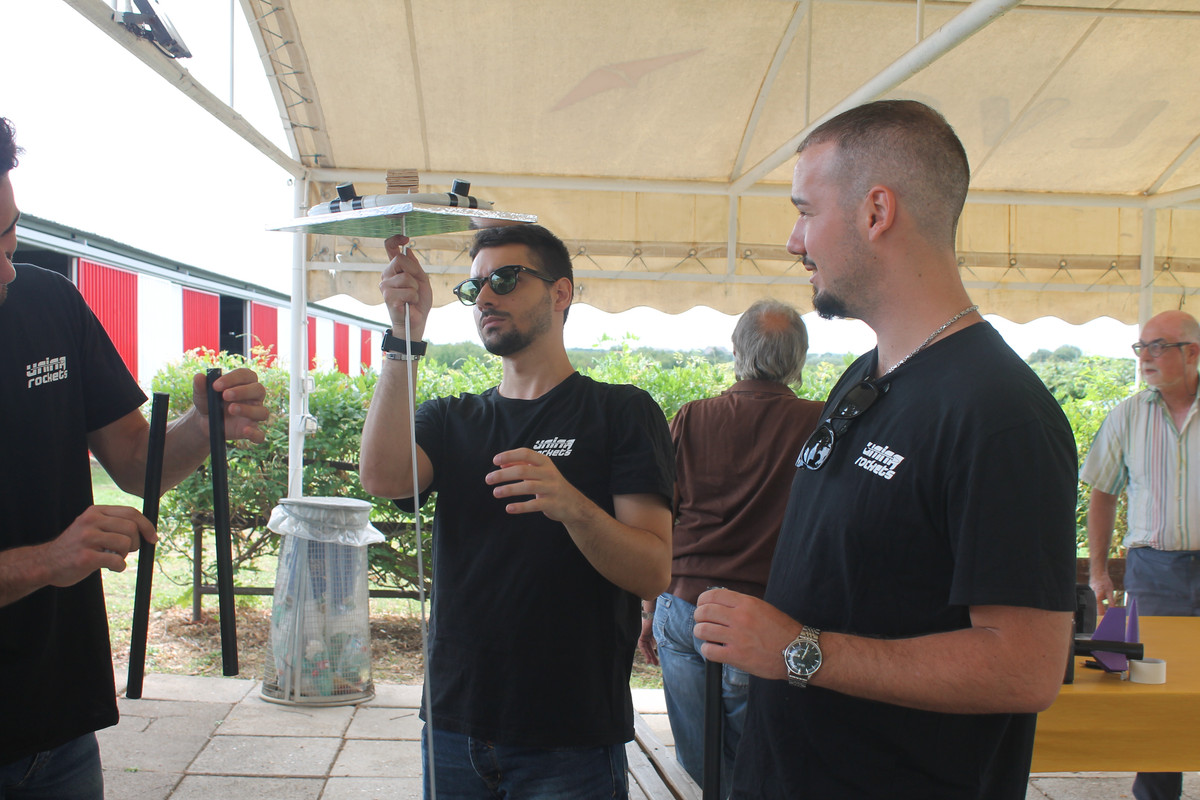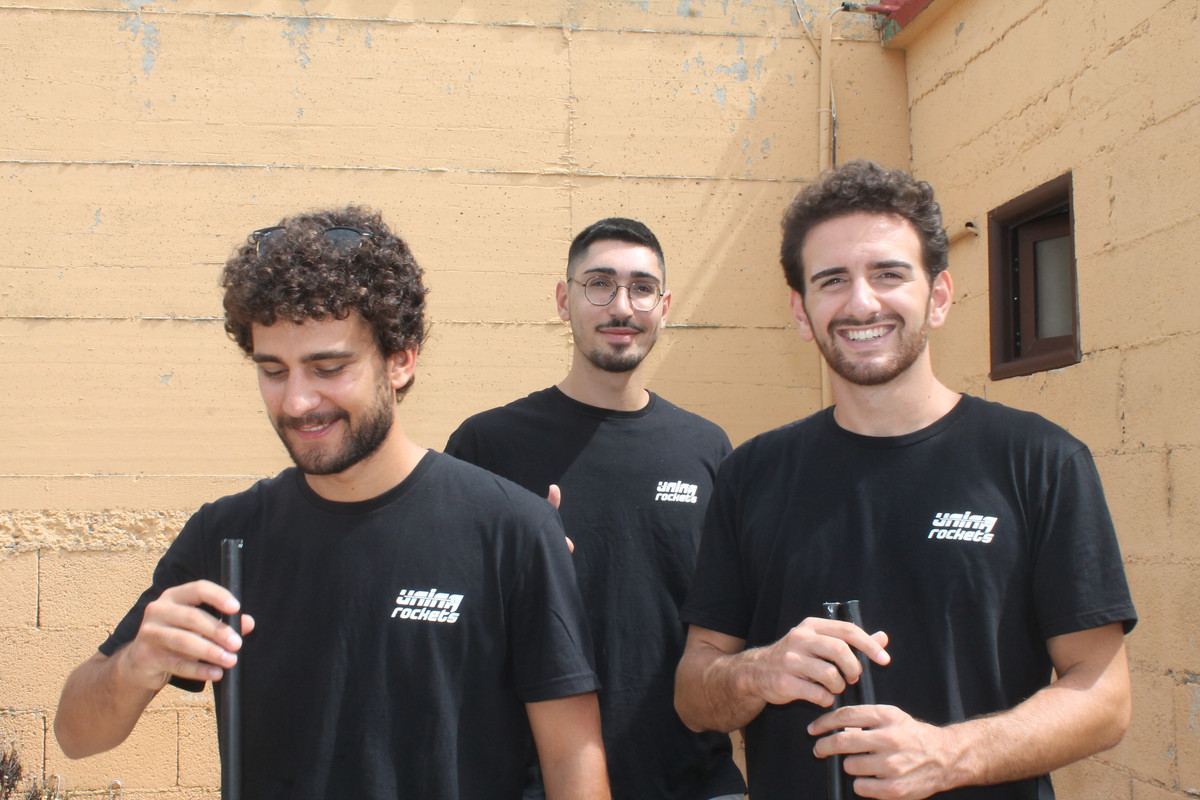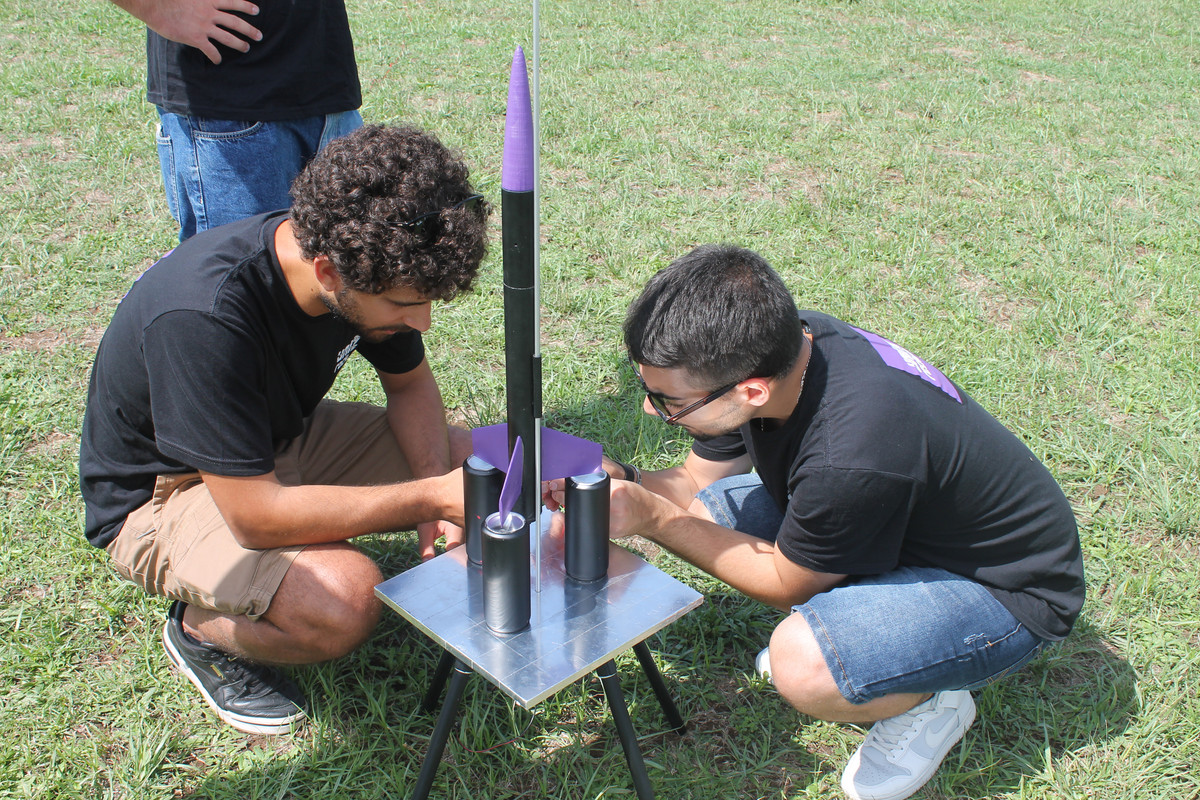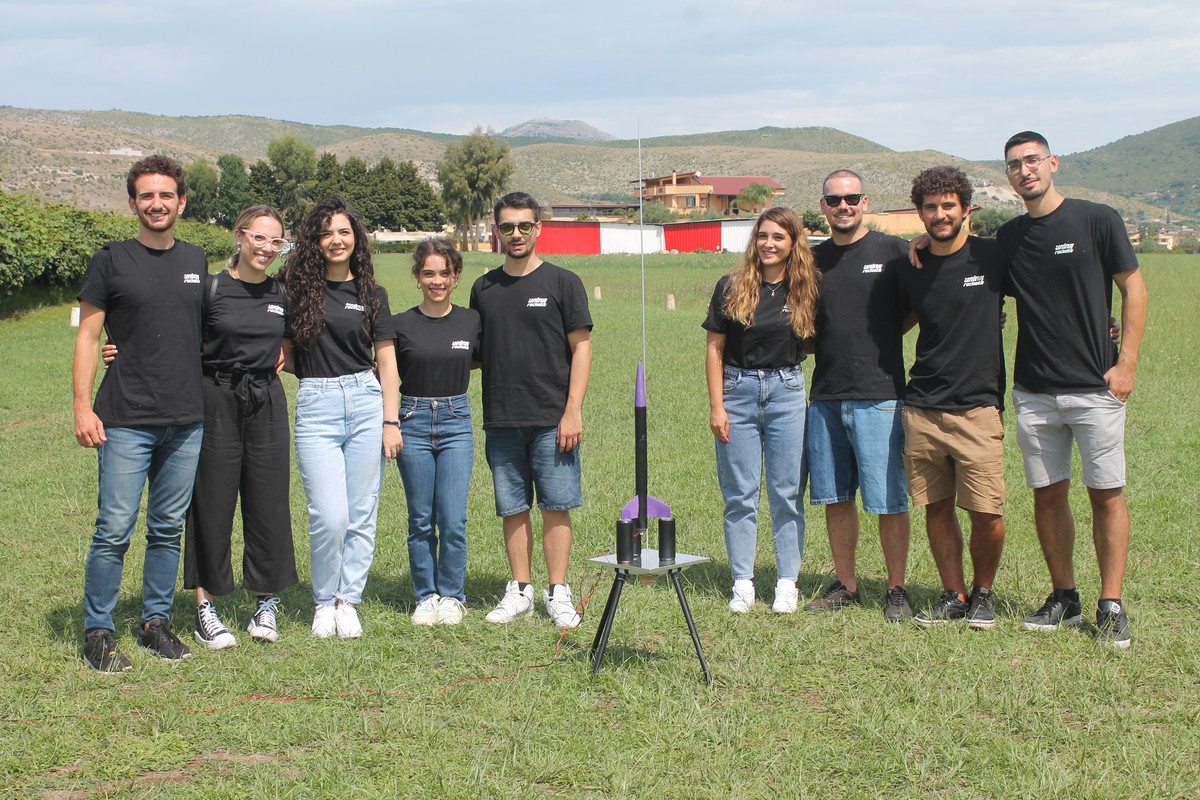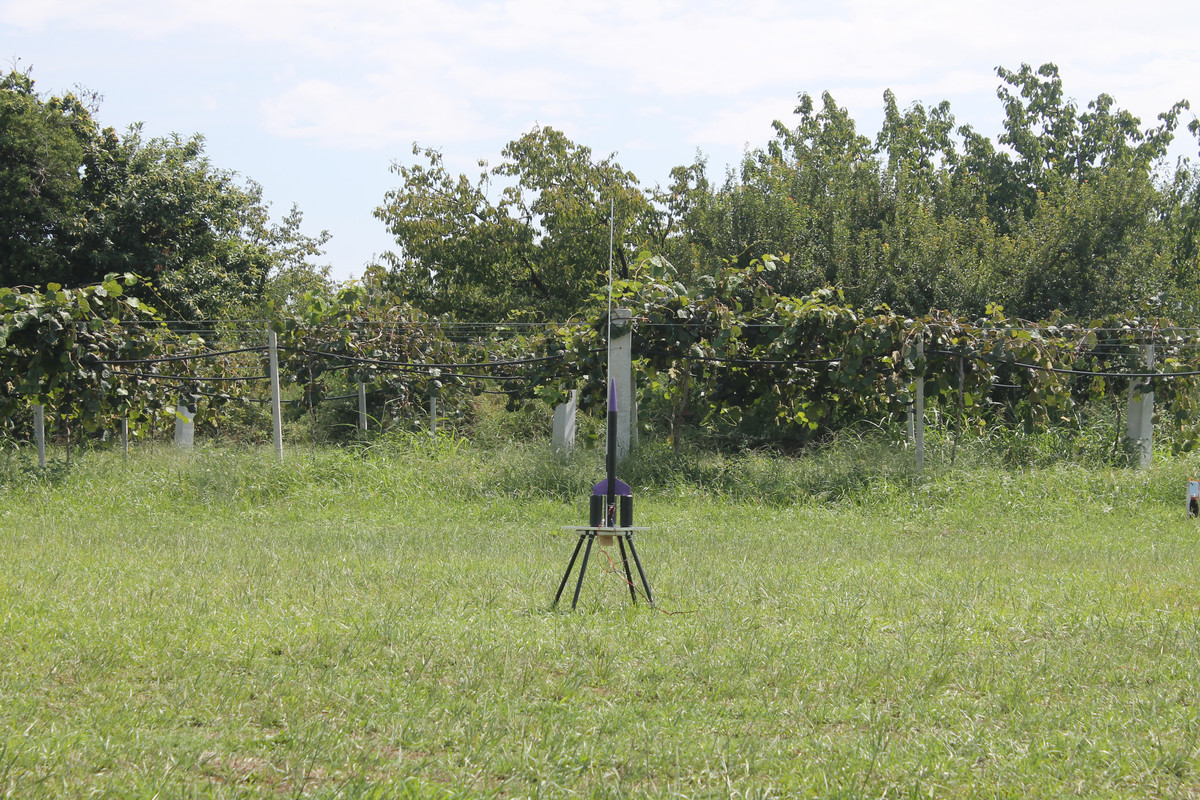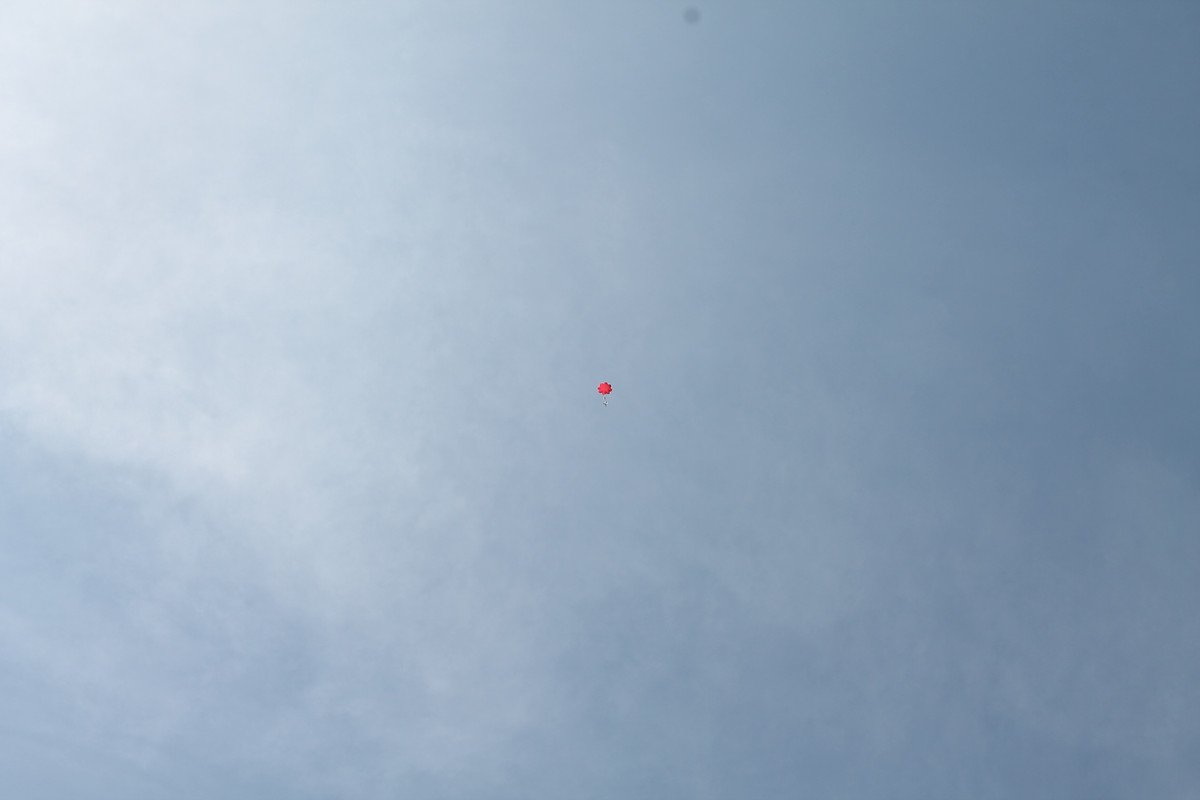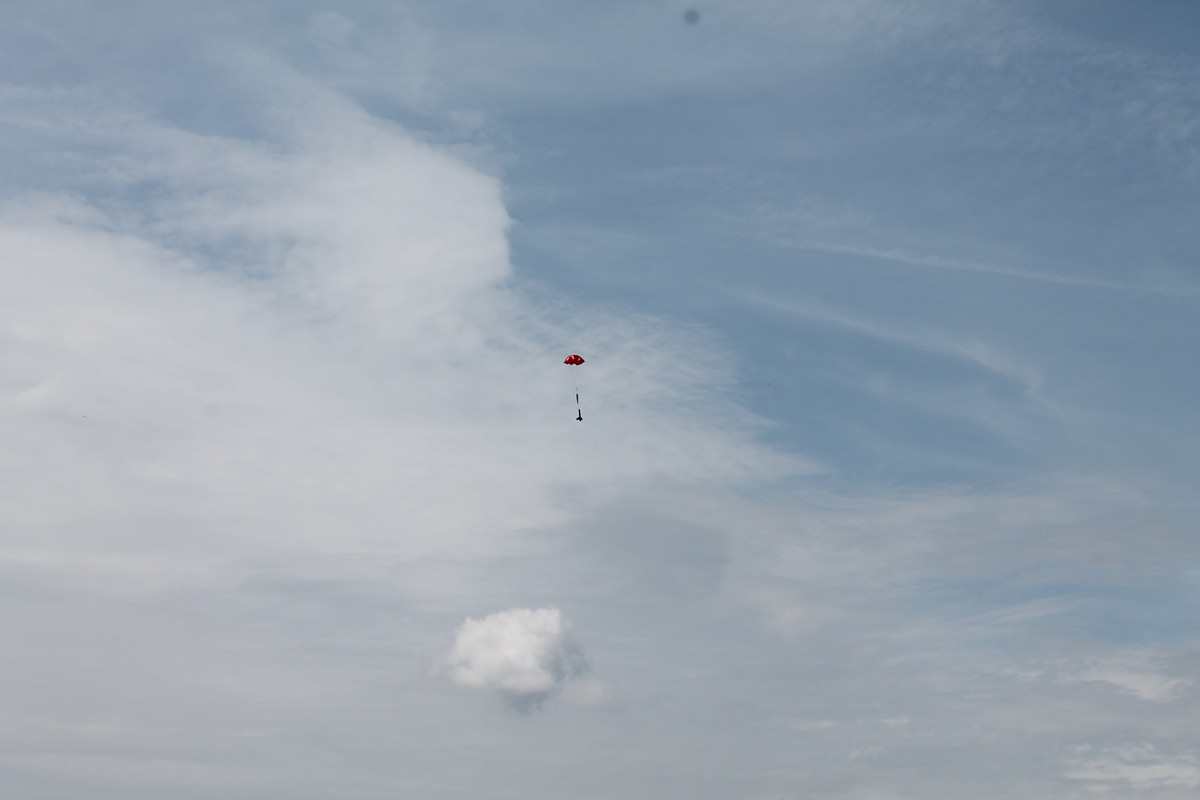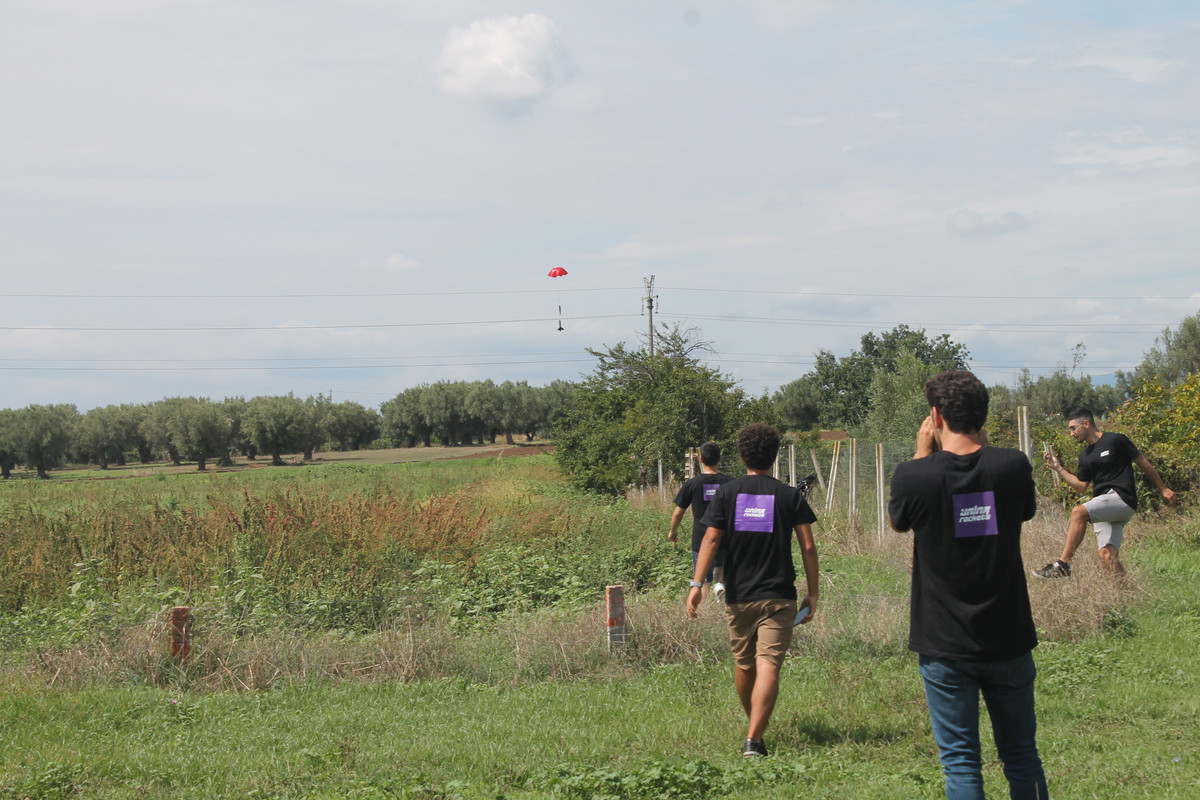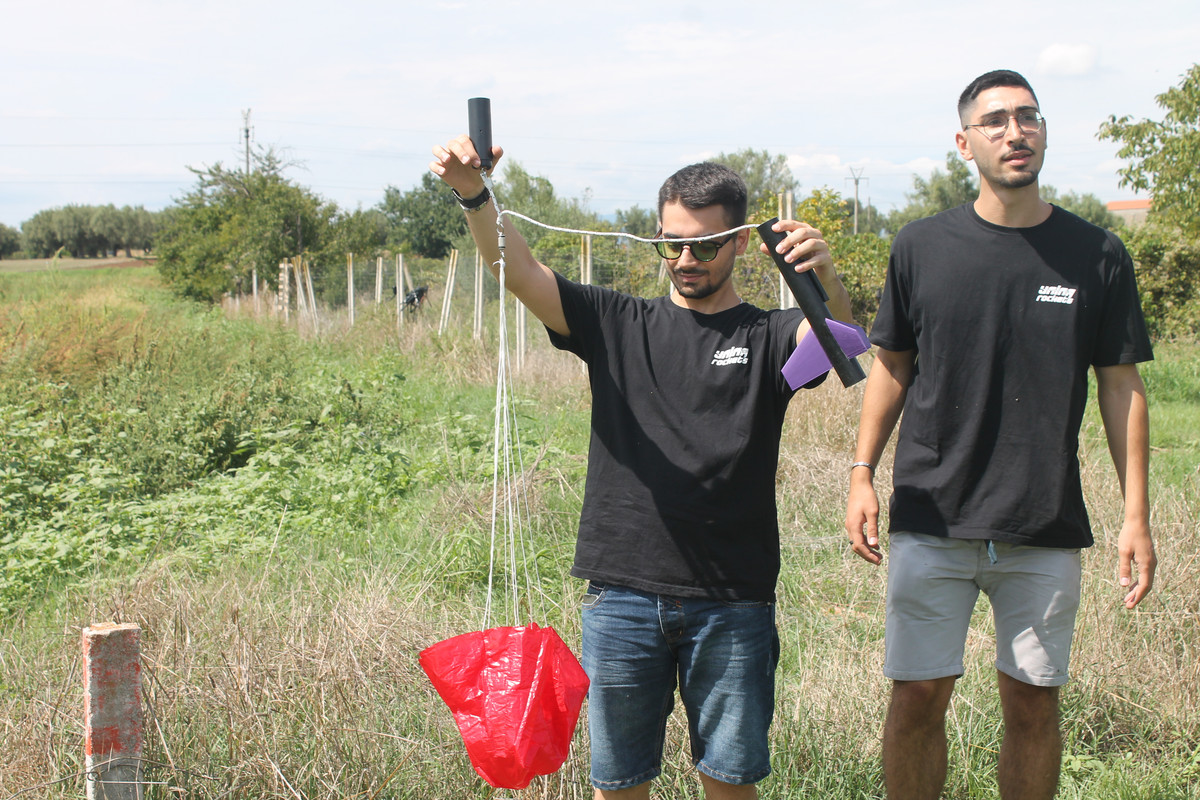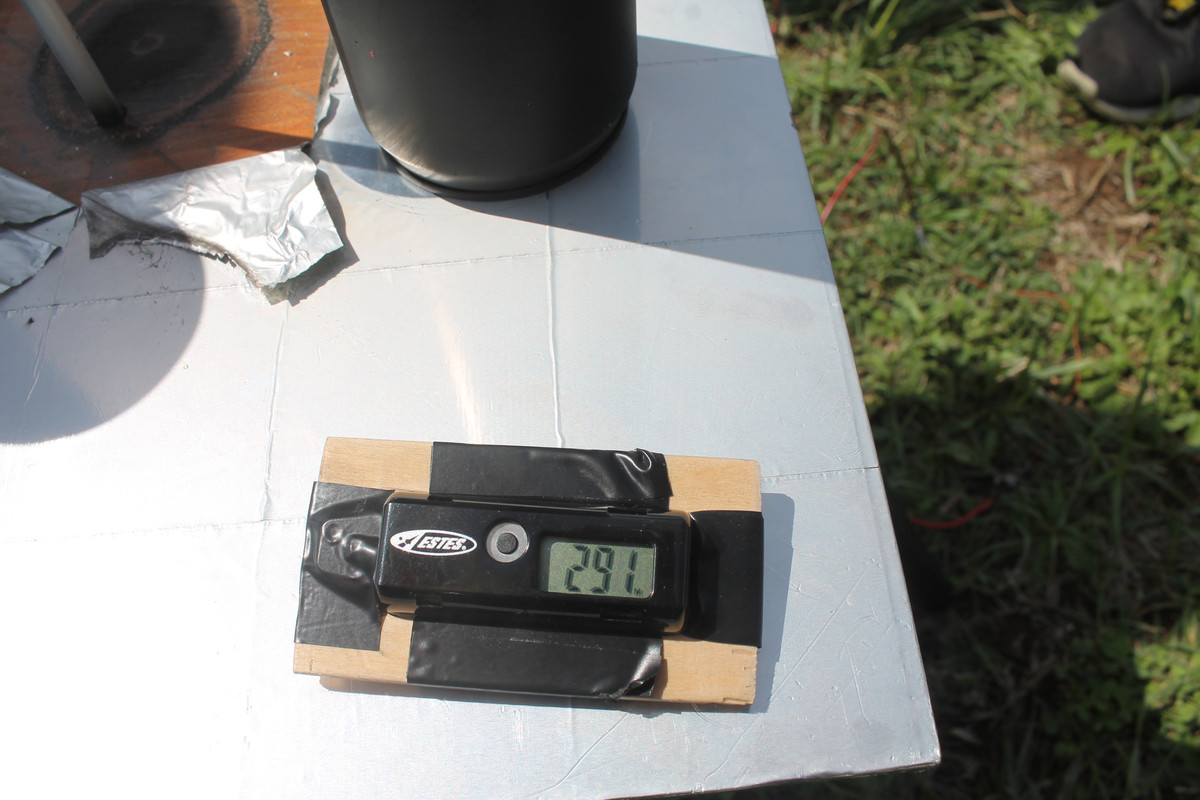Projects
HERMES
HERMES is an innovative dual-stage model rocket designed to push the boundaries of amateur rocketry. With the goal of reaching altitudes exceeding 1 kilometer, HERMES combines advanced engineering principles with practical applications in rocketry.
A key feature of HERMES is its 3D-printed structure, crafted from PETG (Polyethylene Terephthalate Glycol), which provides an excellent balance of strength, flexibility, and thermal resistance. The choice of PETG allows for precise manufacturing of complex shapes while keeping the overall weight to a minimum. This state-of-the-art material enhances the rocket's structural integrity, ensuring it can withstand the rigorous conditions of launch and flight.
Through the innovative design and use of advanced materials, HERMES represents a significant step forward in our pursuit of achieving high-altitude rocketry while maintaining the potential for full recovery and reuse.

SPECS
LAS-2.0
LAS-2.0 is a slightly modified version of the LAS-1 rocket, created to test the accuracy of a custom-built flight computer. This test involved comparing altitude data from the custom device against measurements taken by a commercially available altimeter. The goal was to evaluate how accurately the flight computer could track altitude during flight. The results showed a close match, with an apogee measurement around 211 meters, validating the success of this test and marking a solid step forward in refining our in-house flight technology.
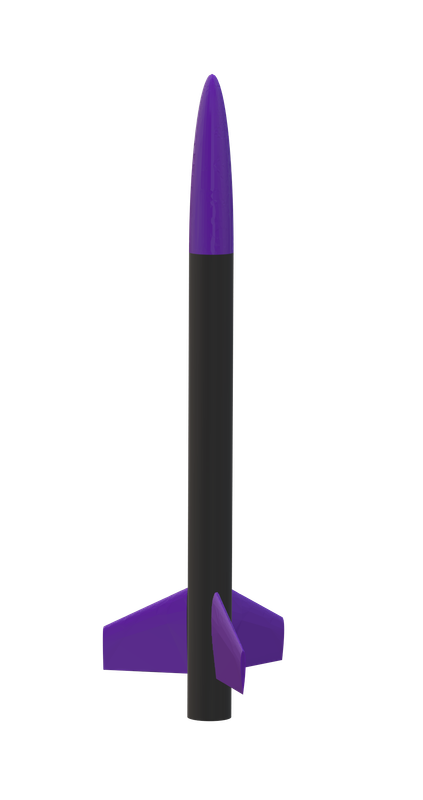
SPECS
LAS-1
LAS-1 was our first project, a small-sized rocket designed to get us started in rocketry. It provided us with the opportunity to learn the basics and gain hands-on experience.
The project focused on practical skills, allowing us to understand rocket assembly, launching techniques, and recovery methods. By tackling challenges as they arose, we developed a solid foundation that would serve as a stepping stone for our future projects.
The success of LAS-1 not only boosted our confidence but also ignited our passion for rocket building and exploration.

